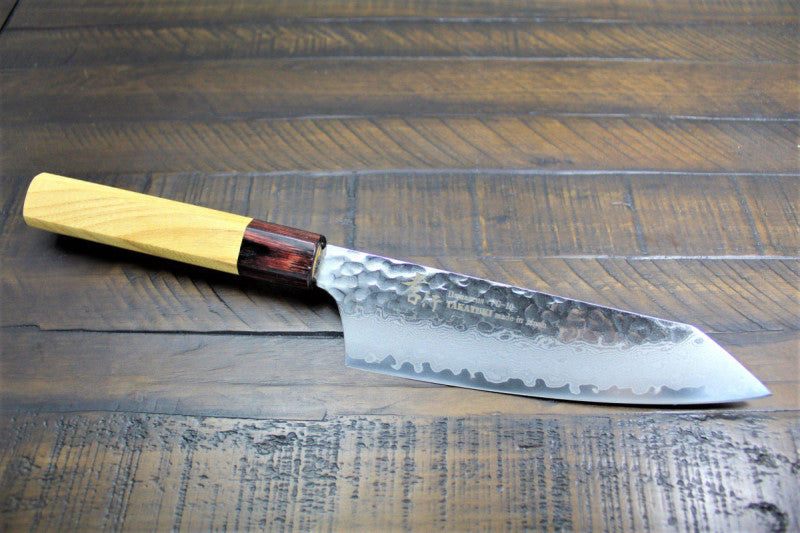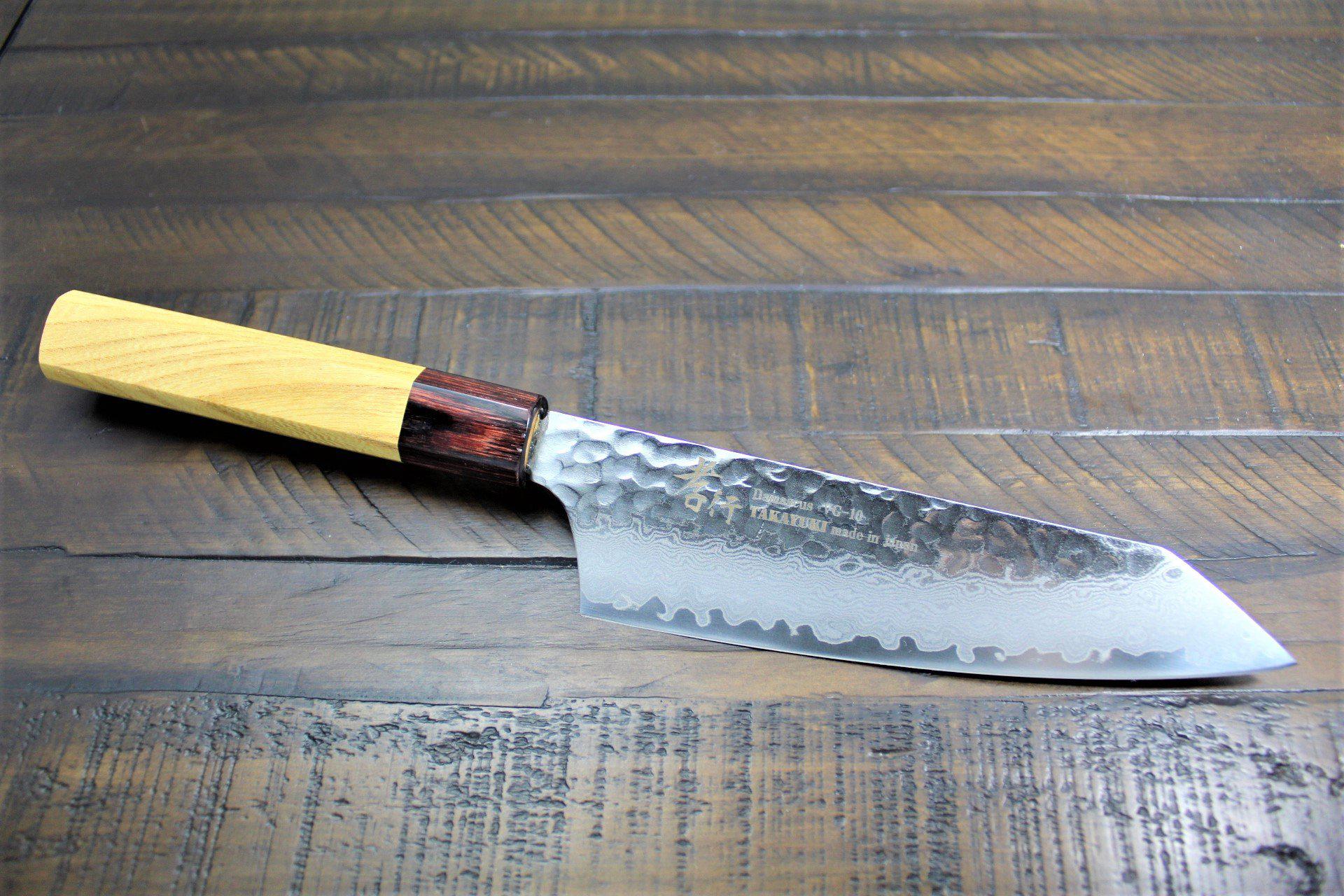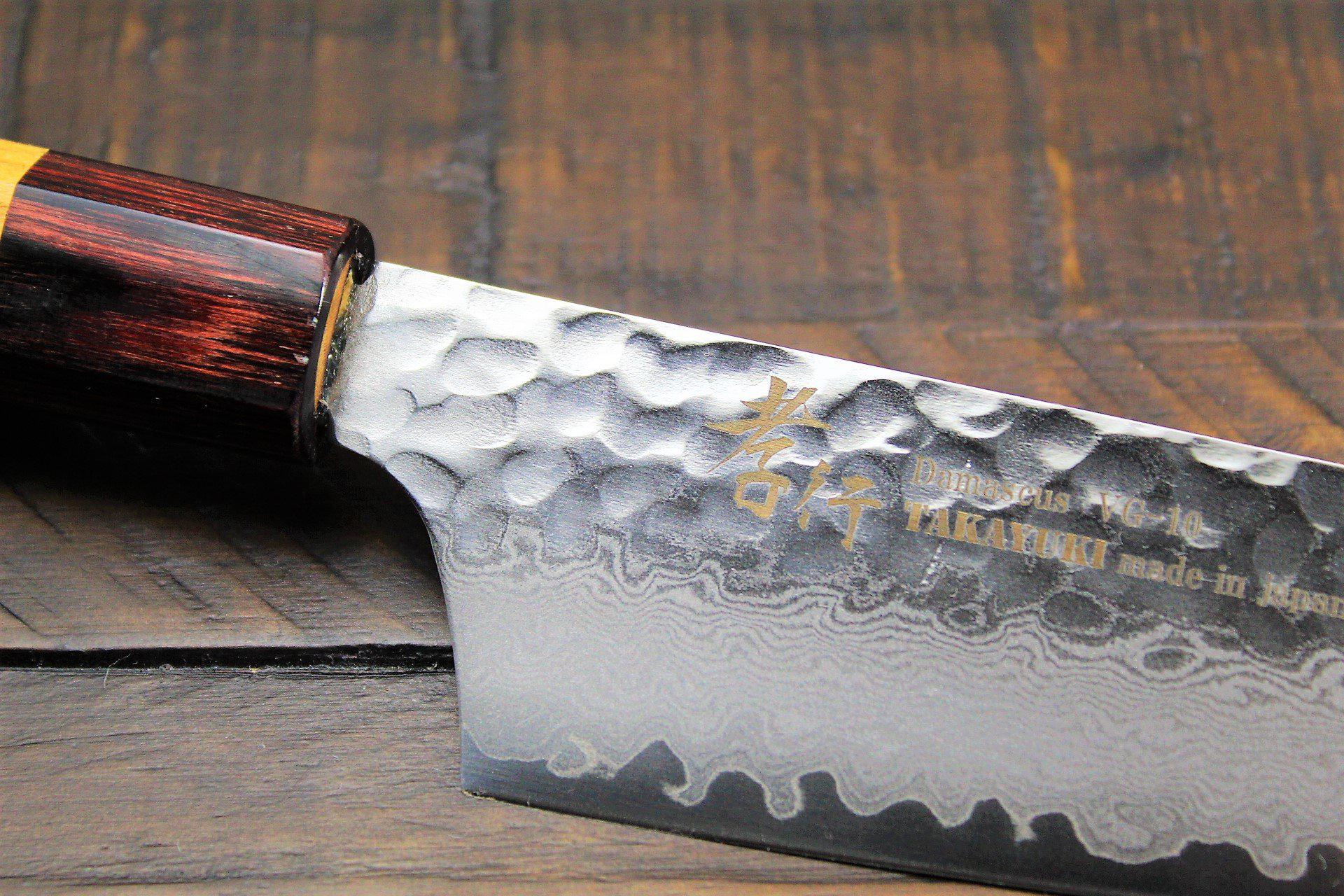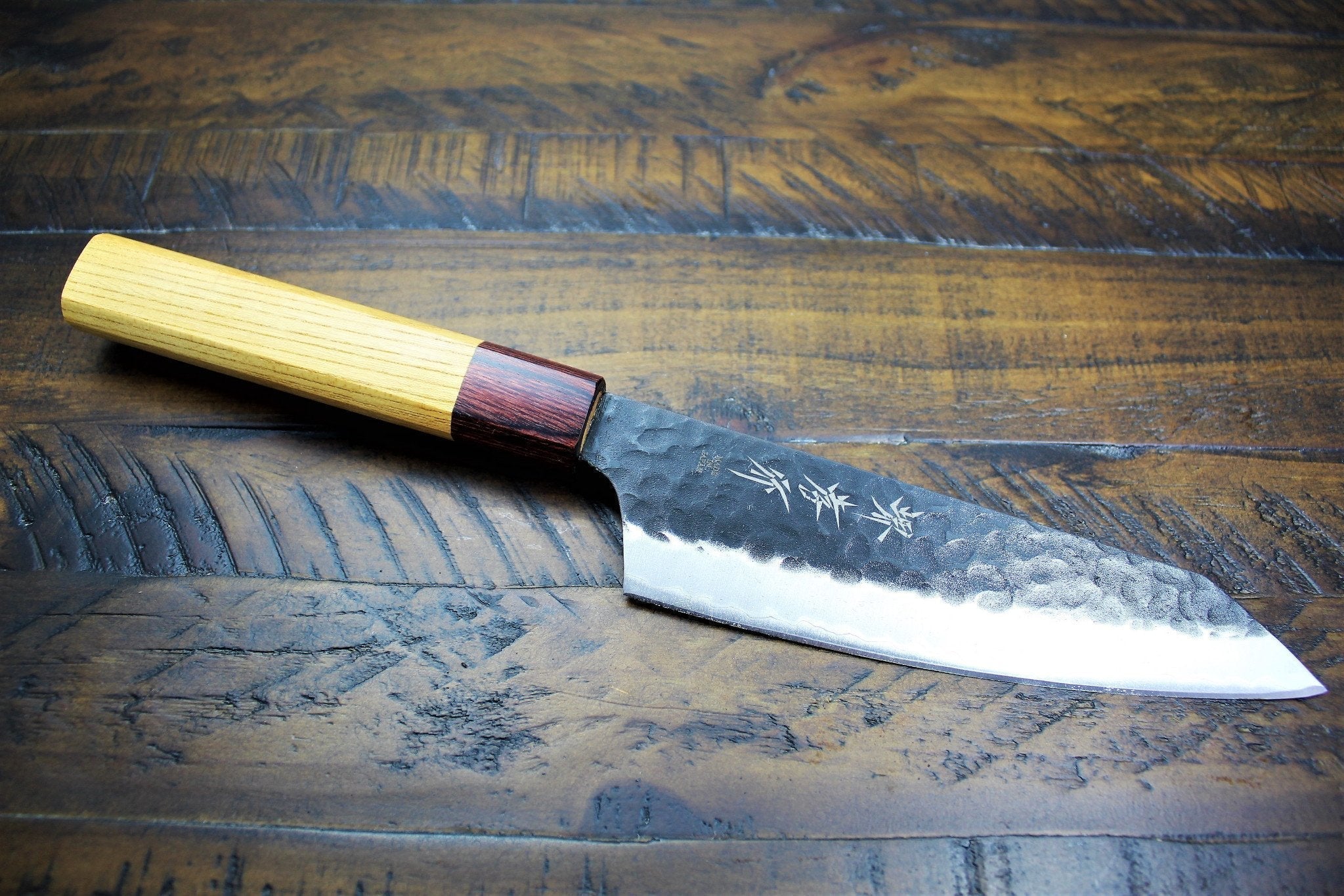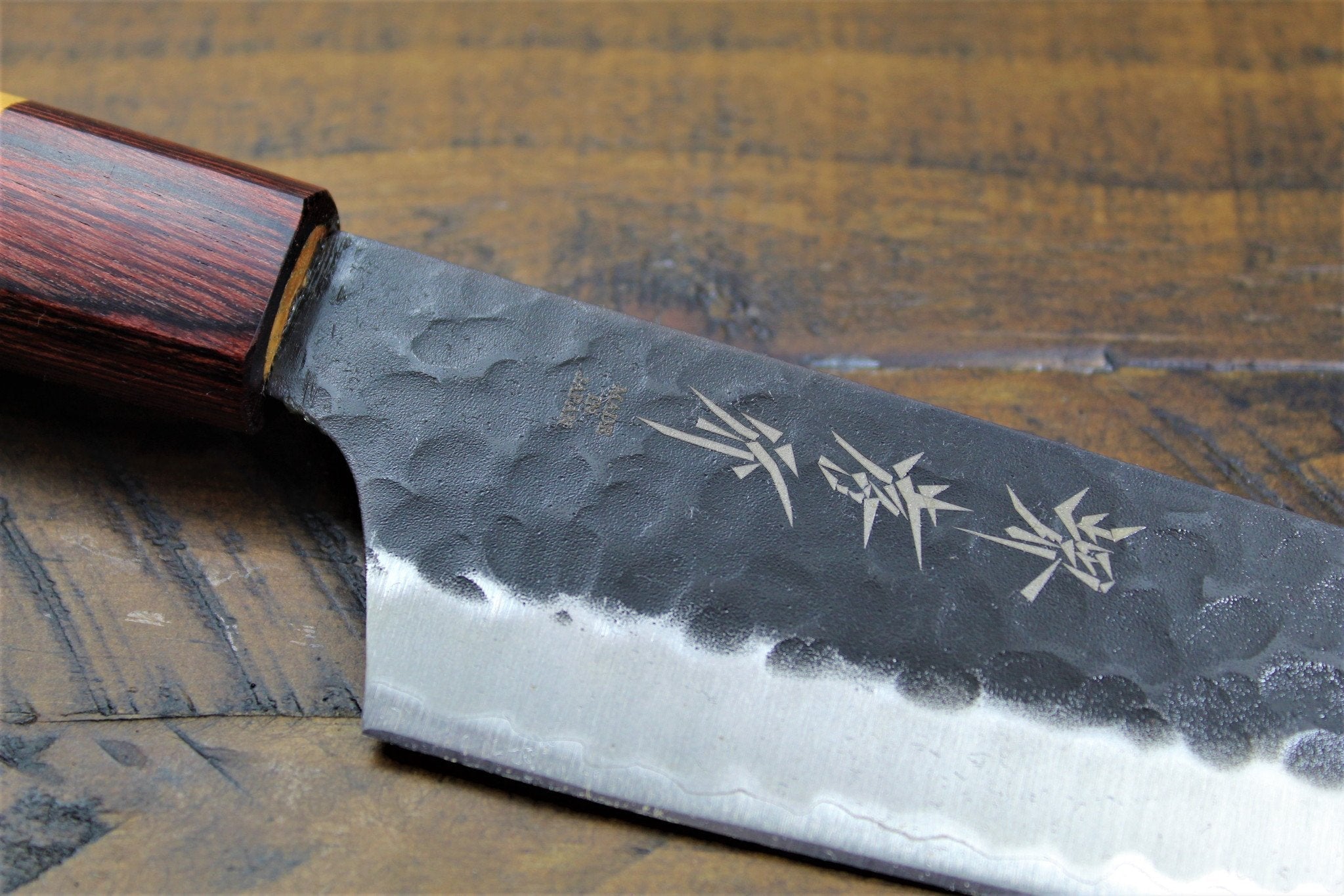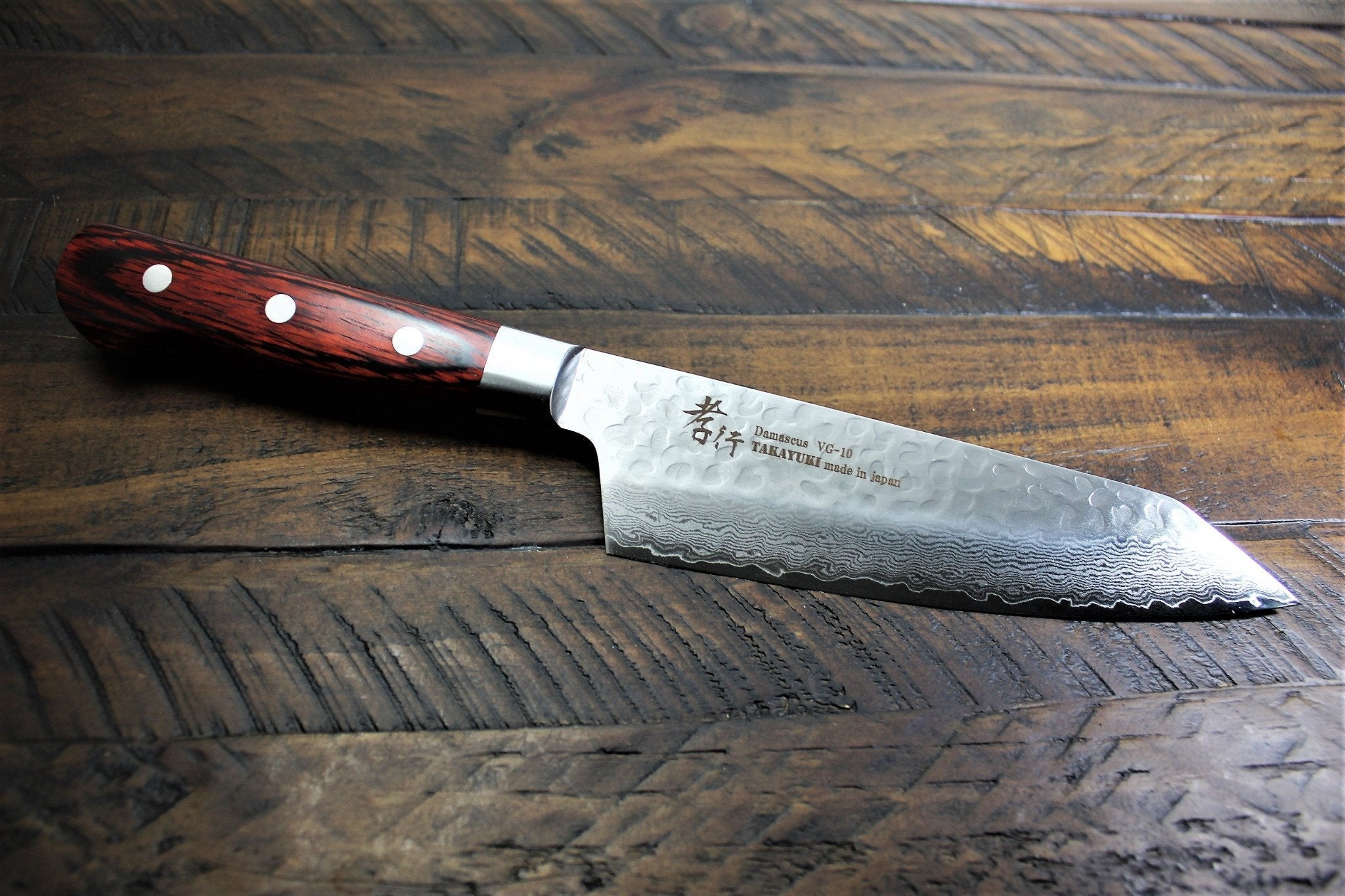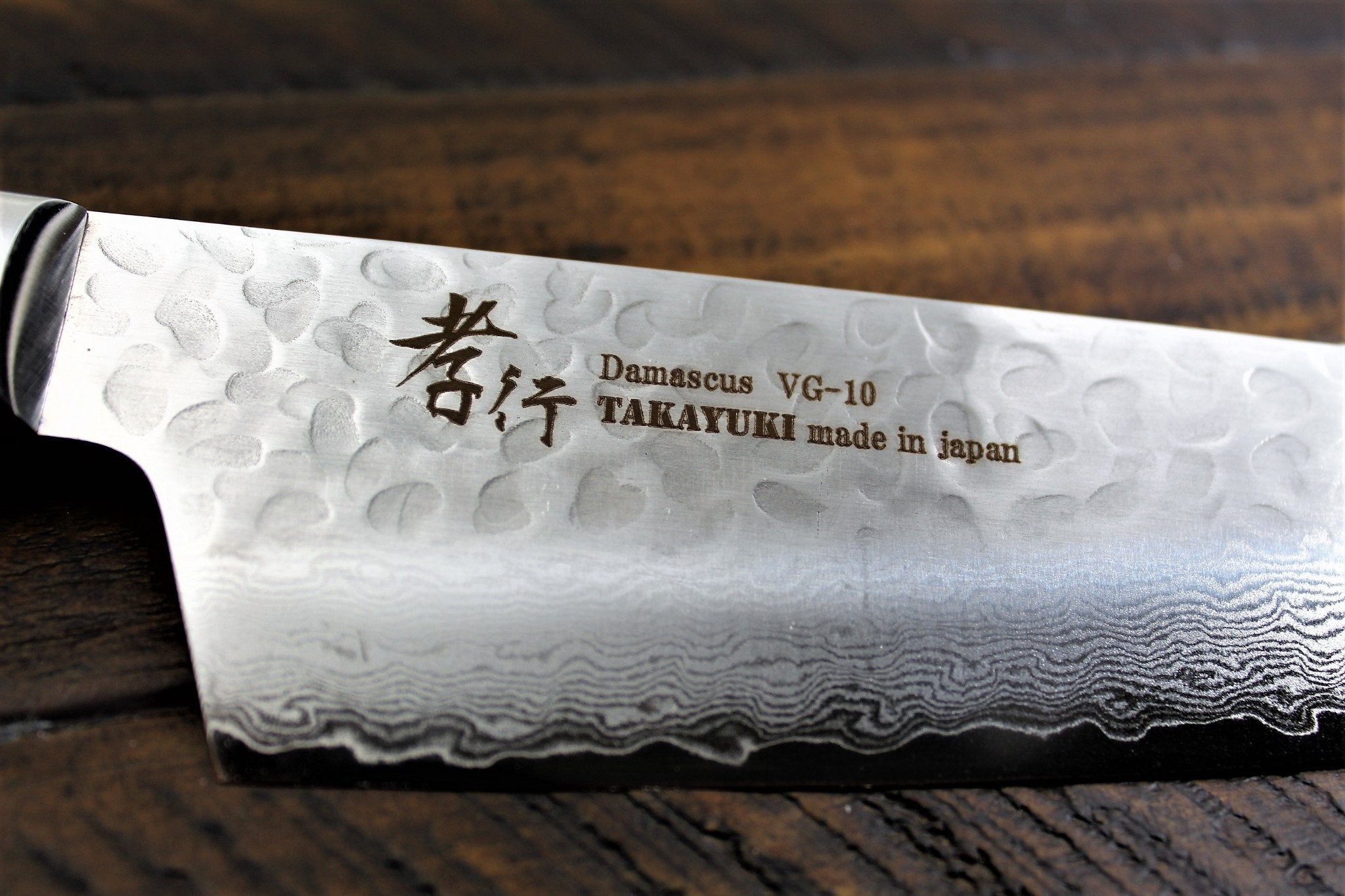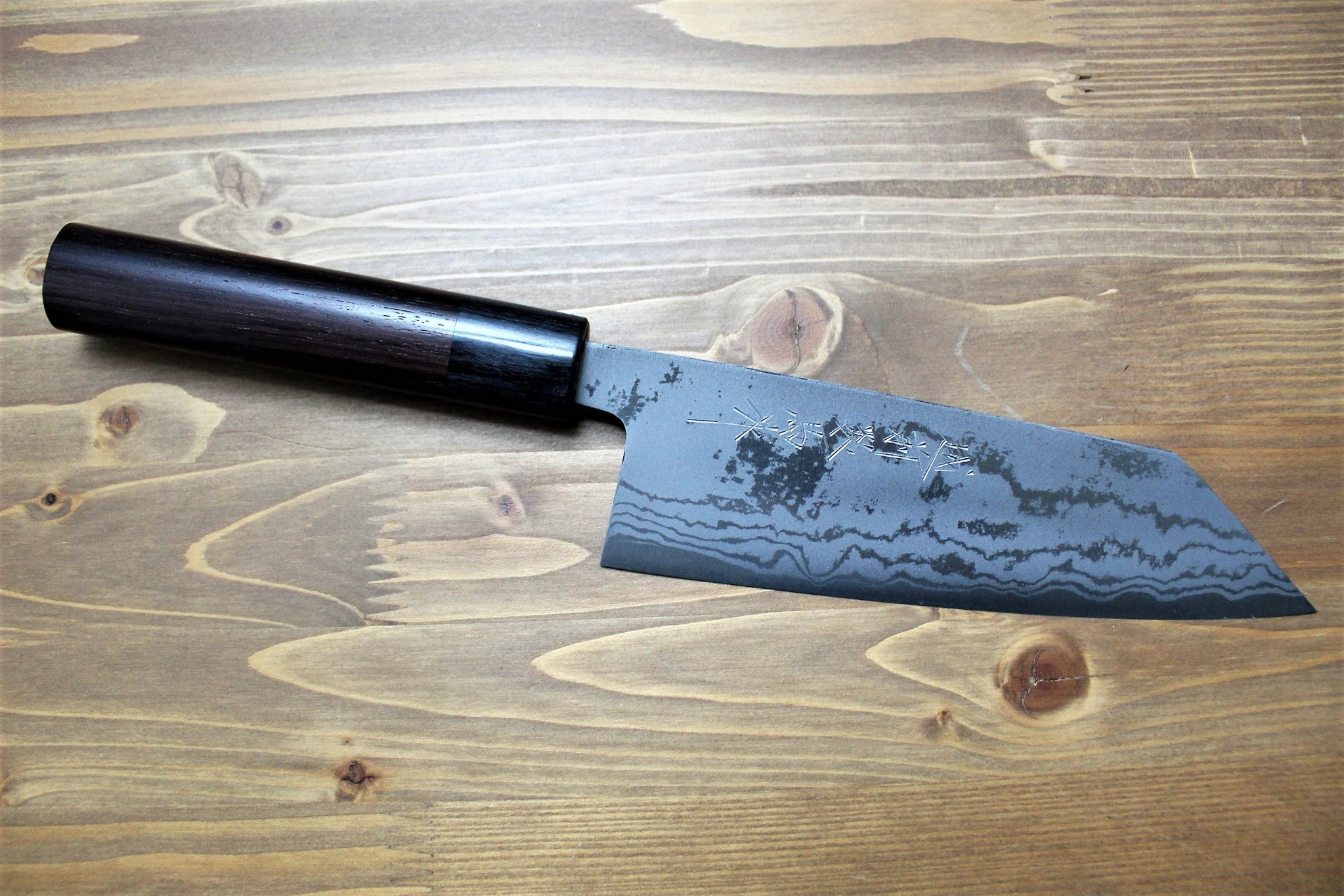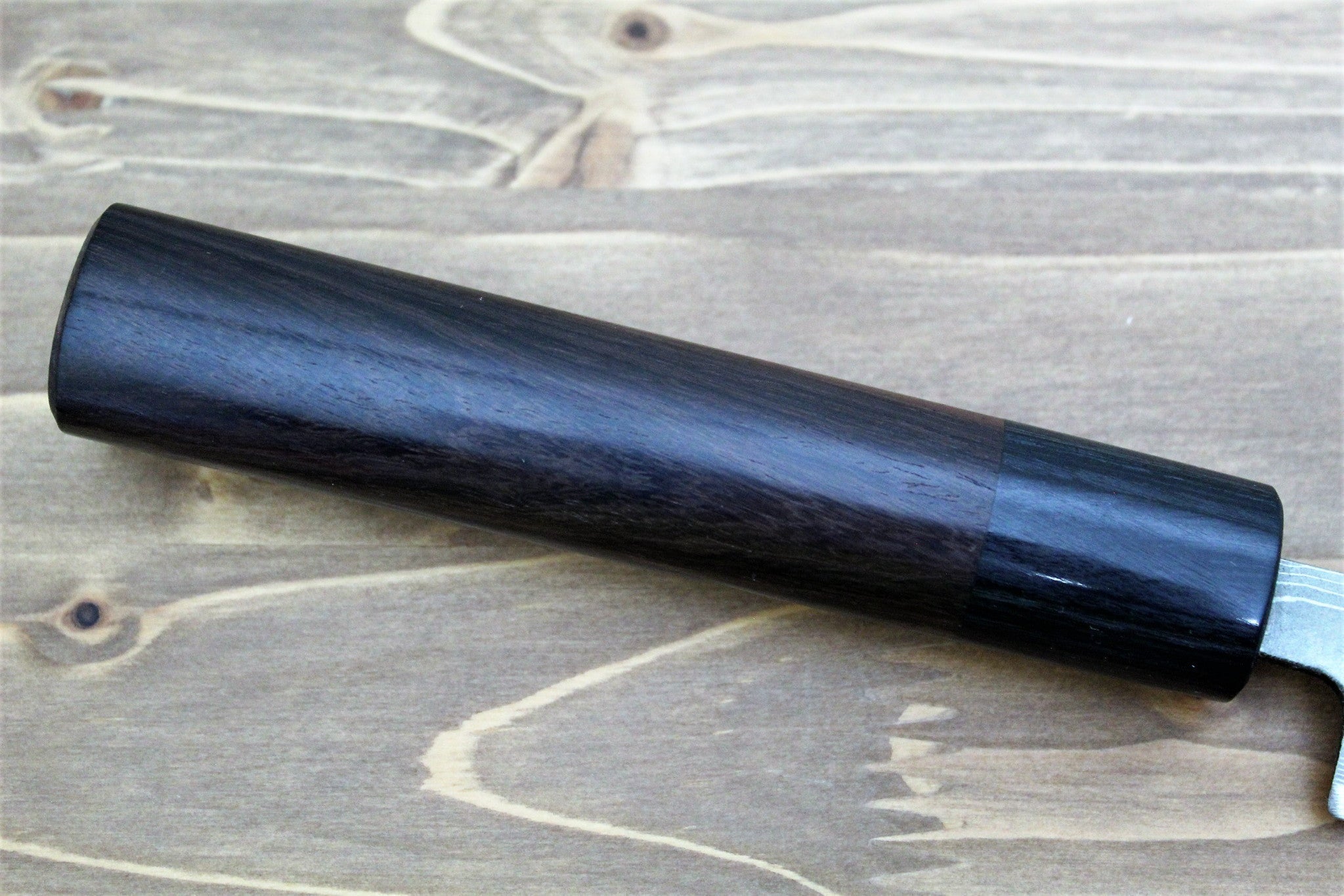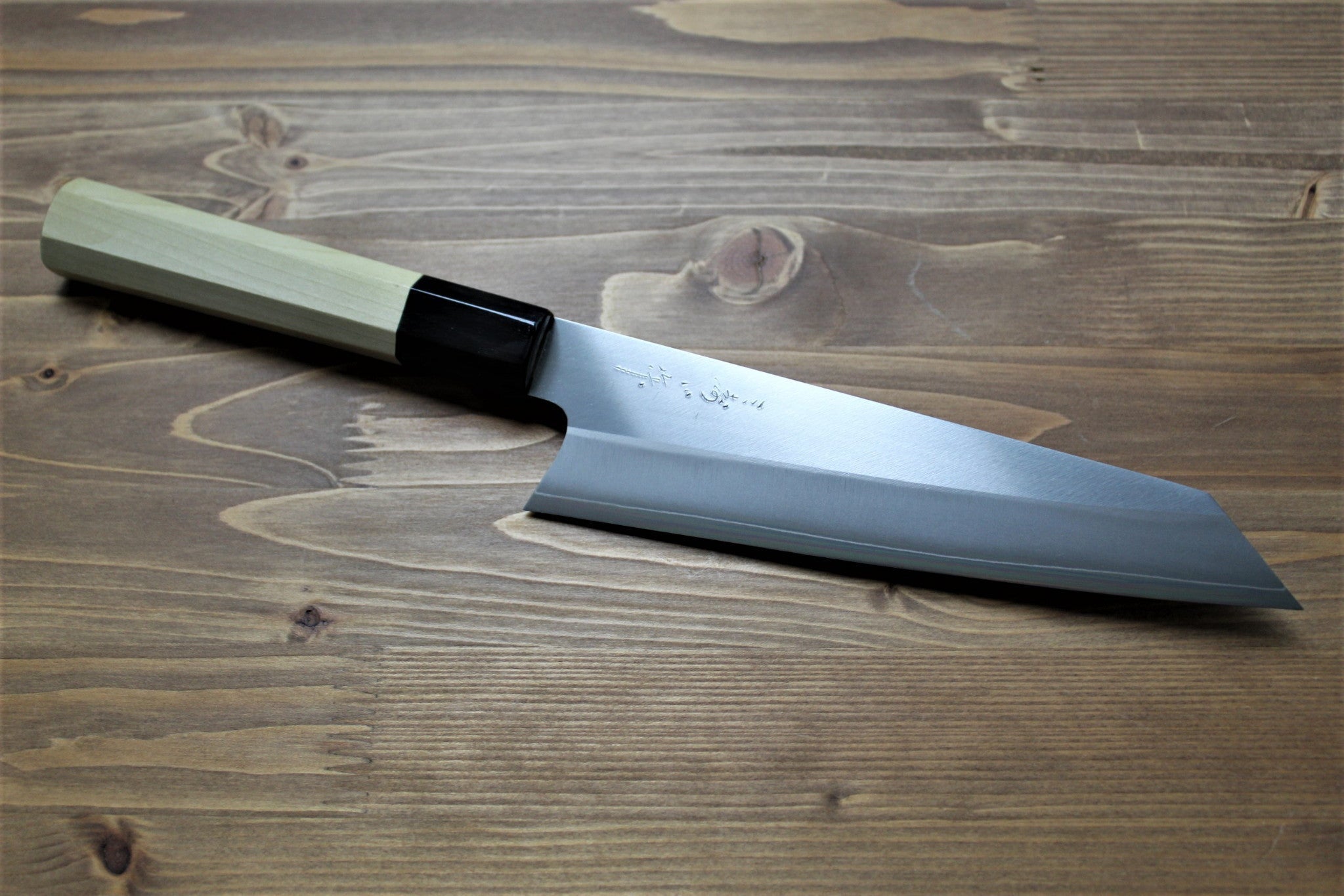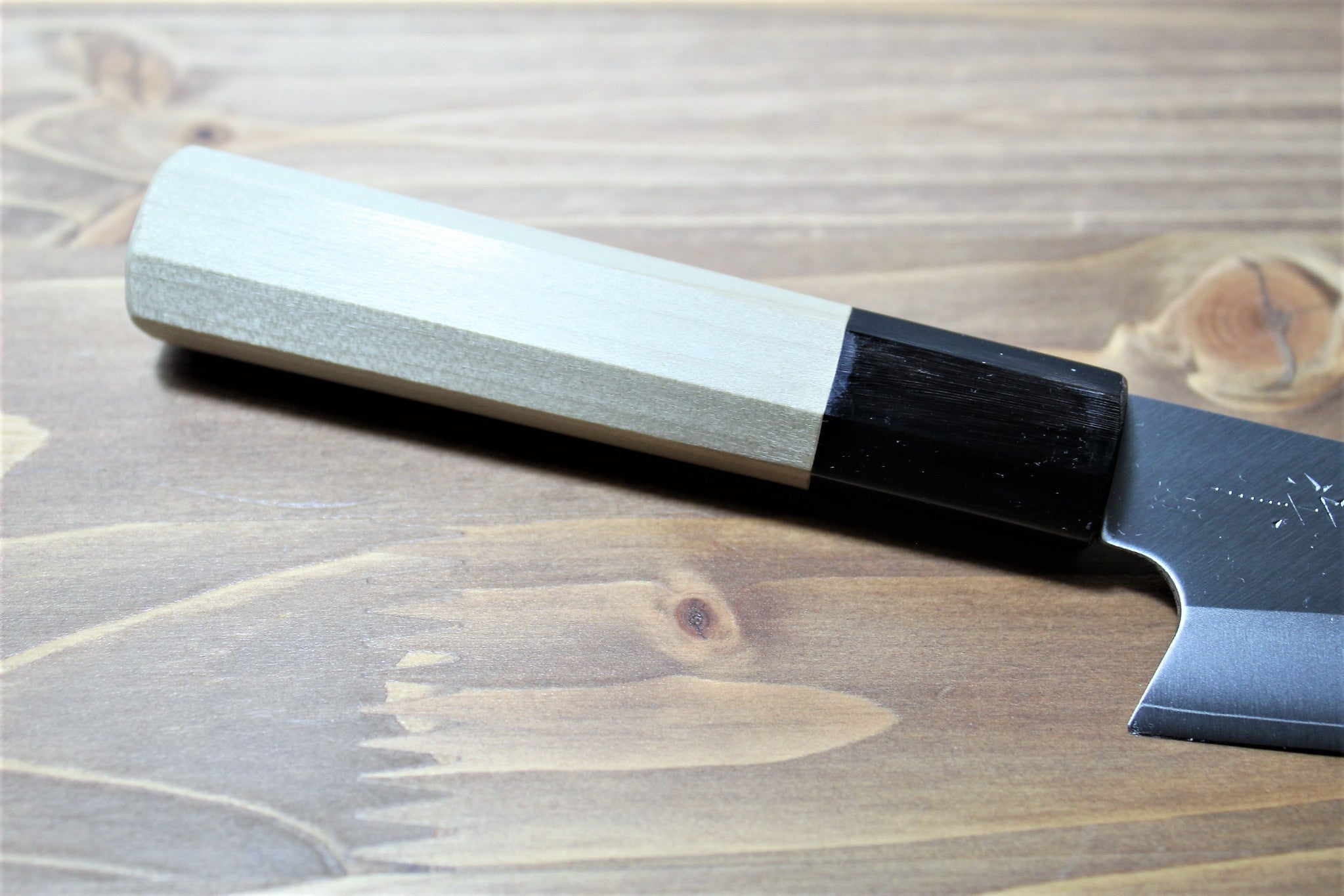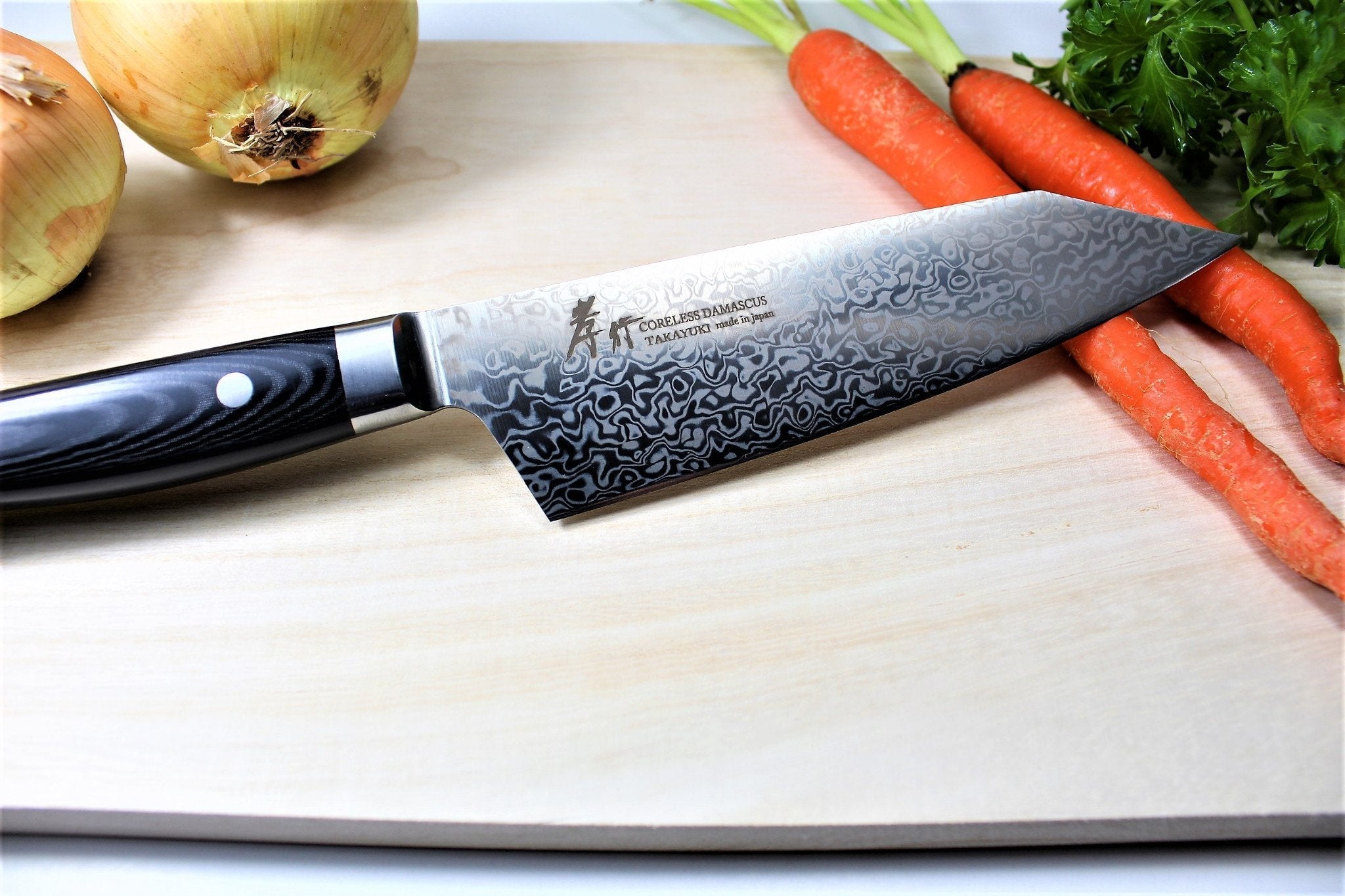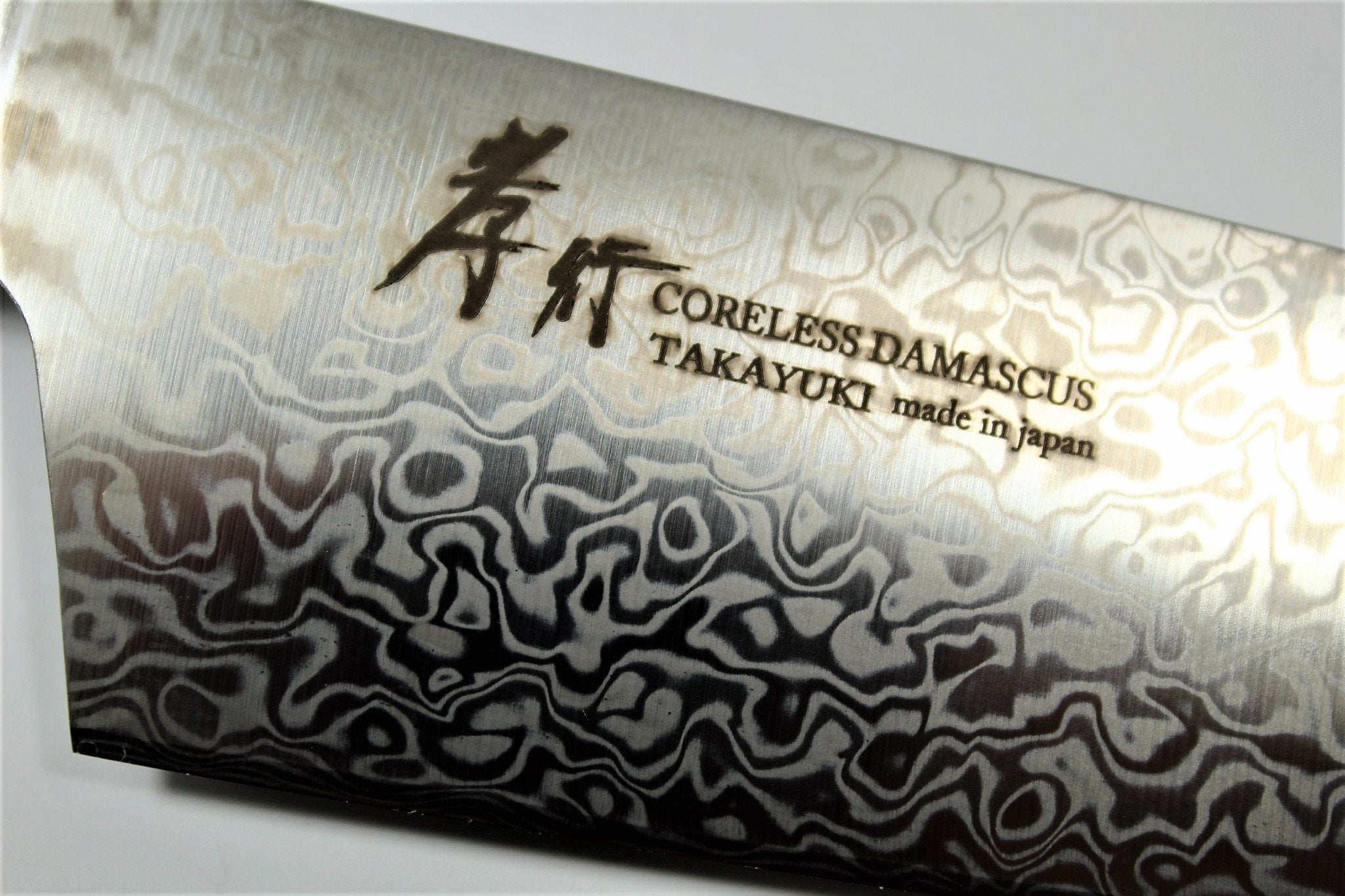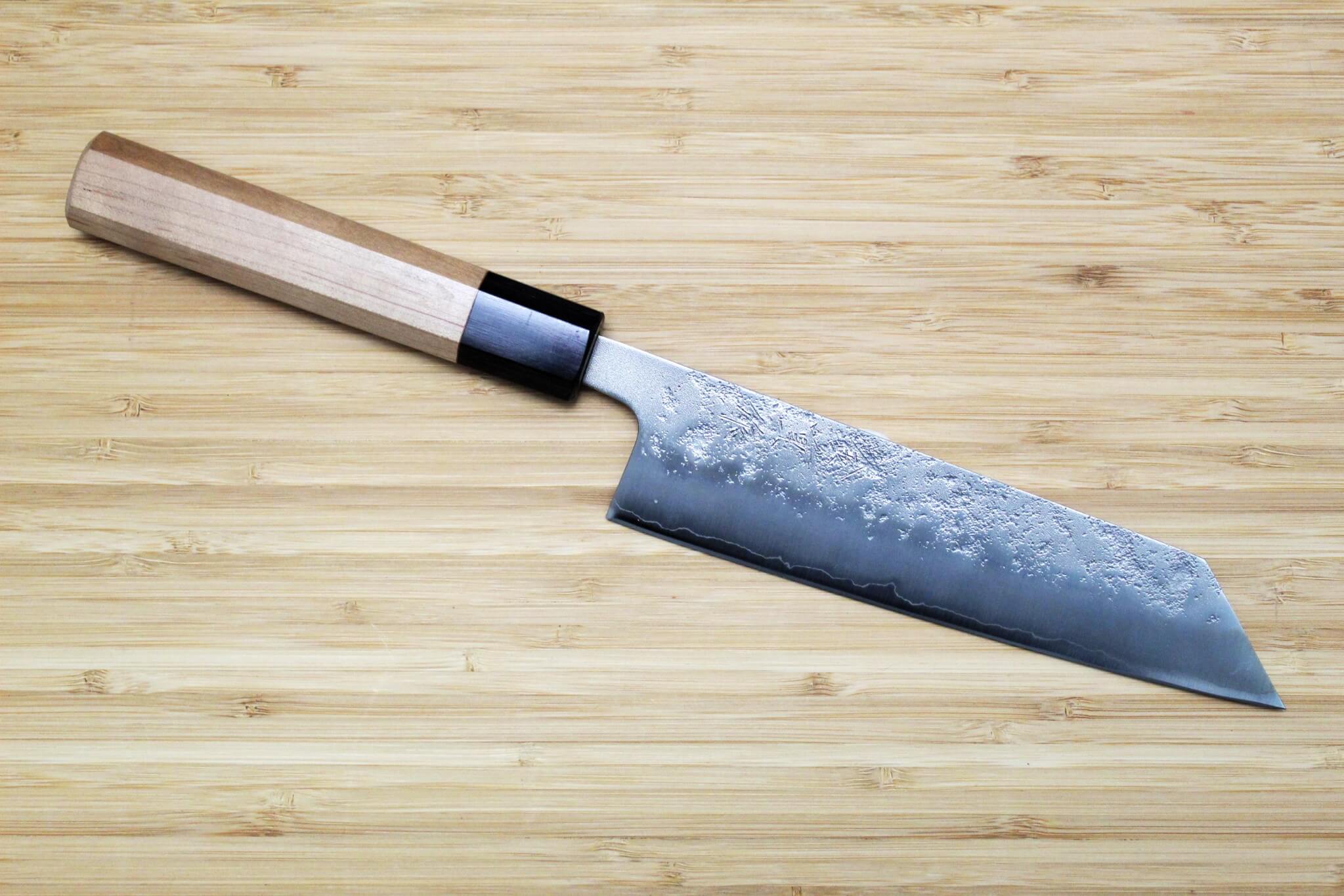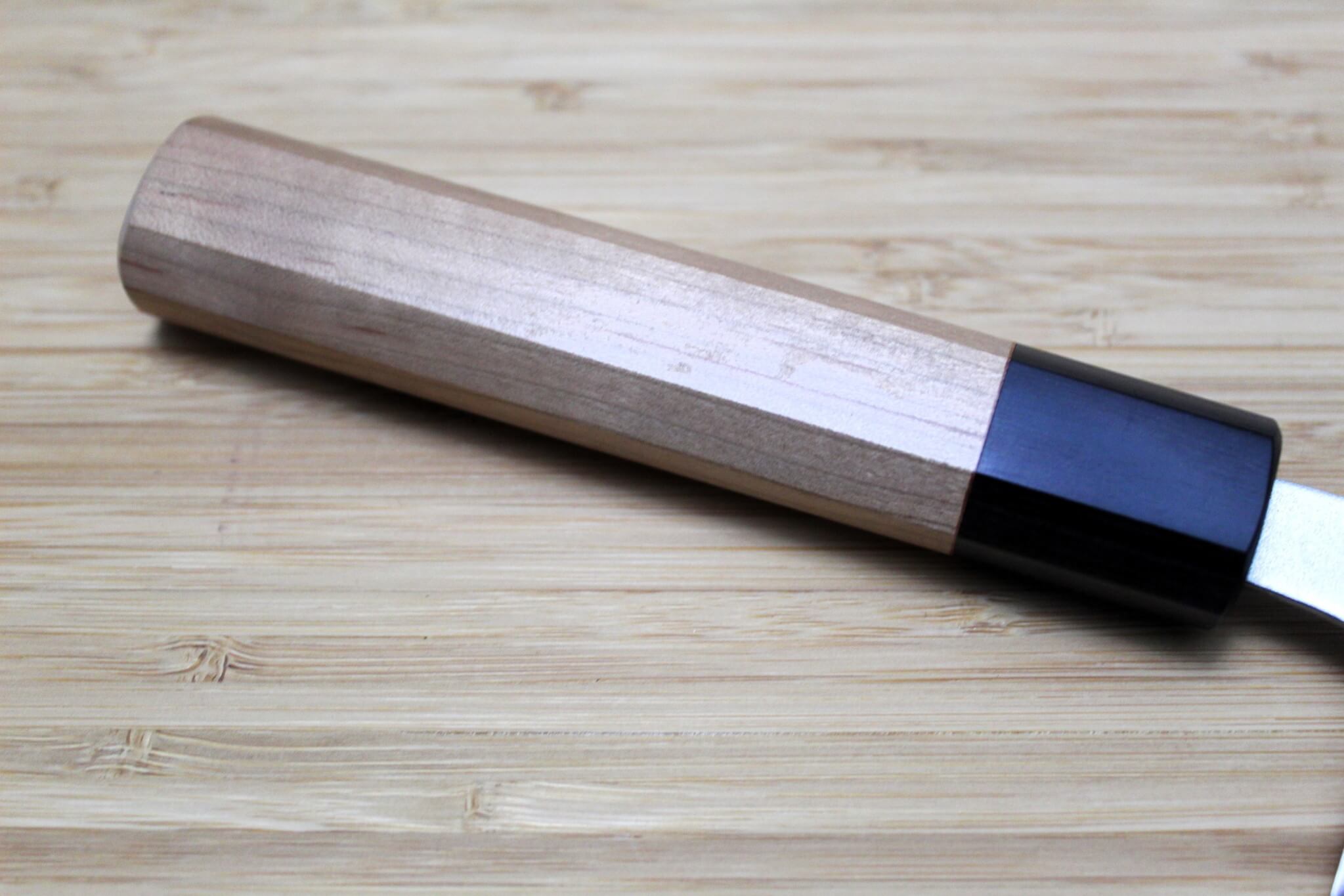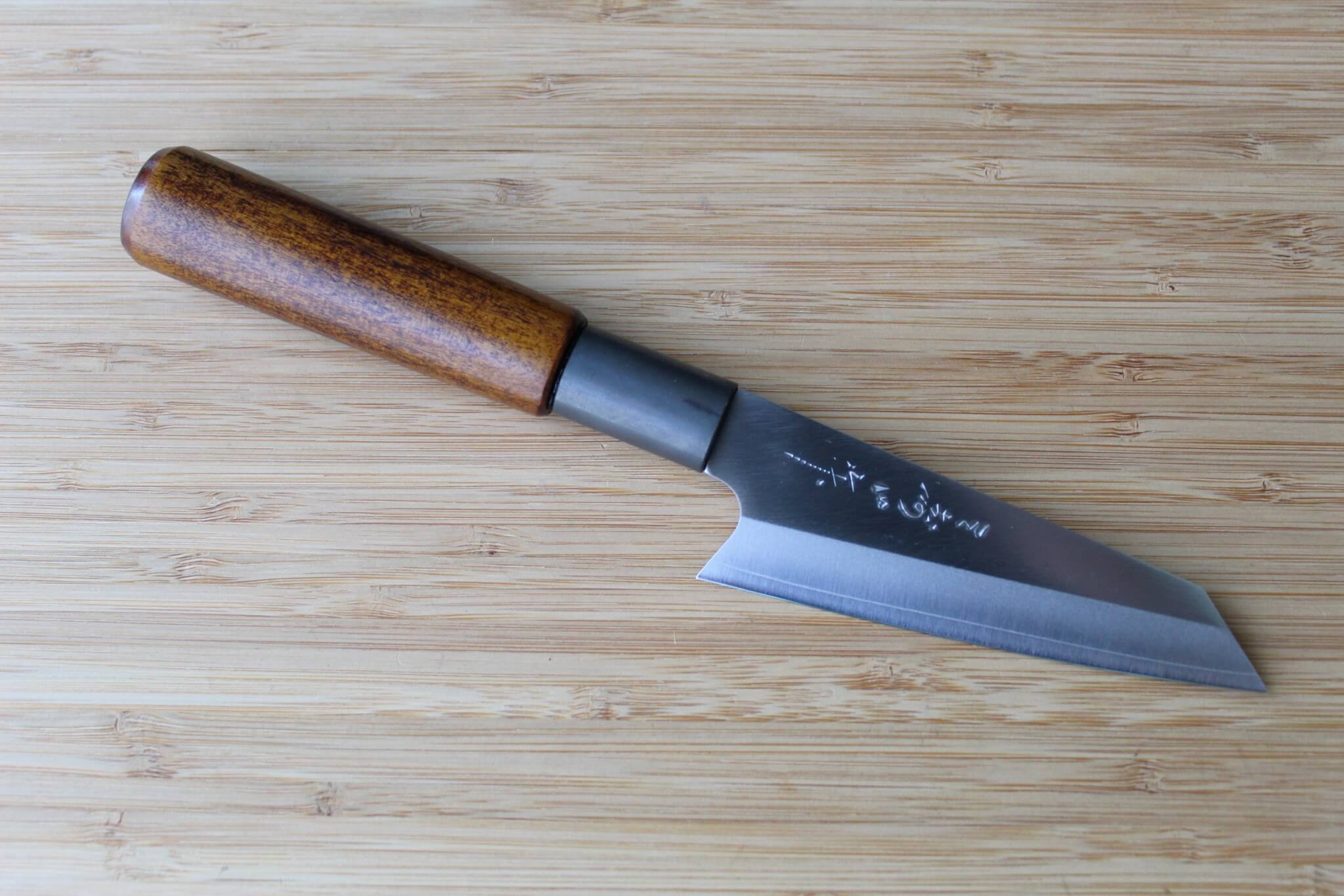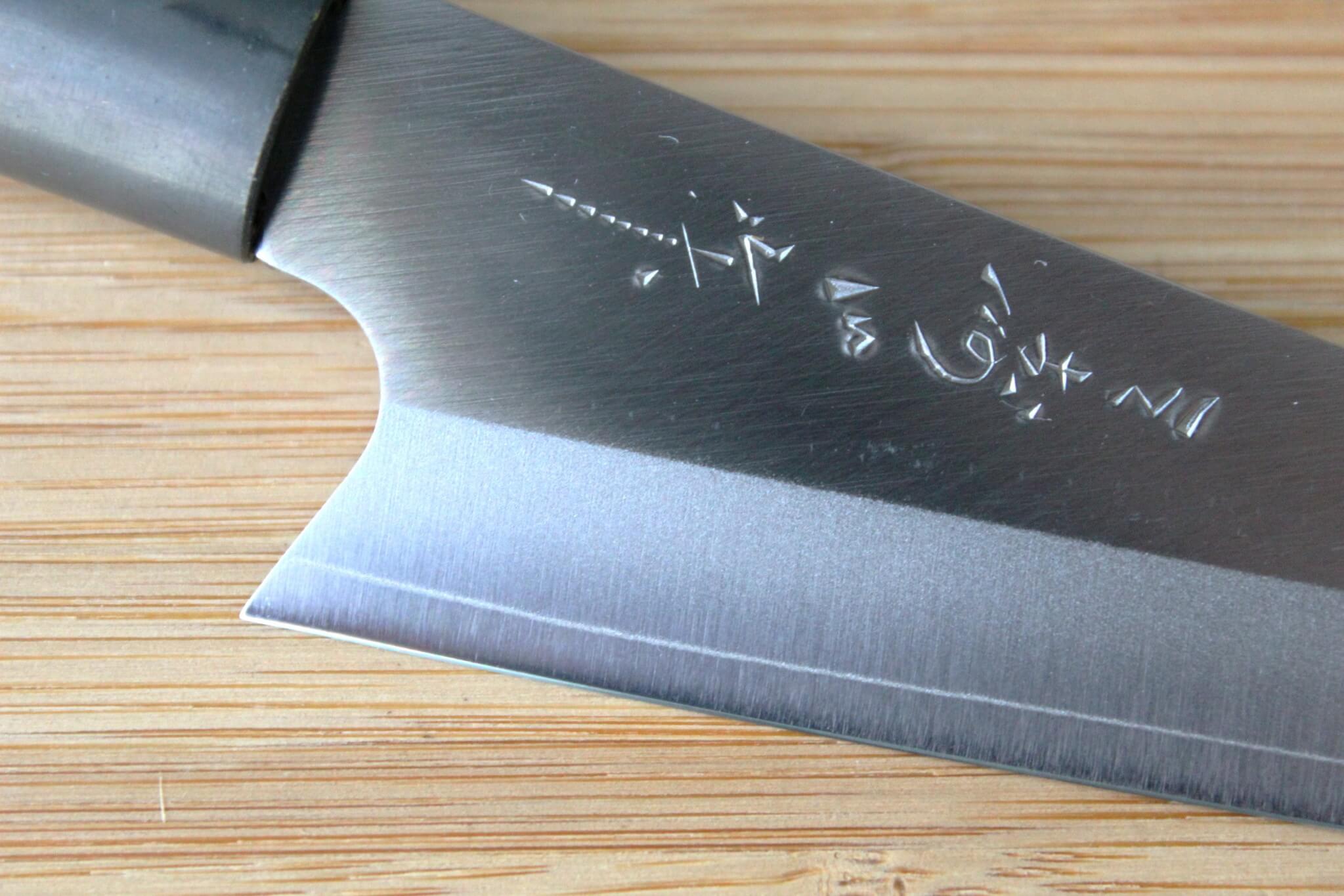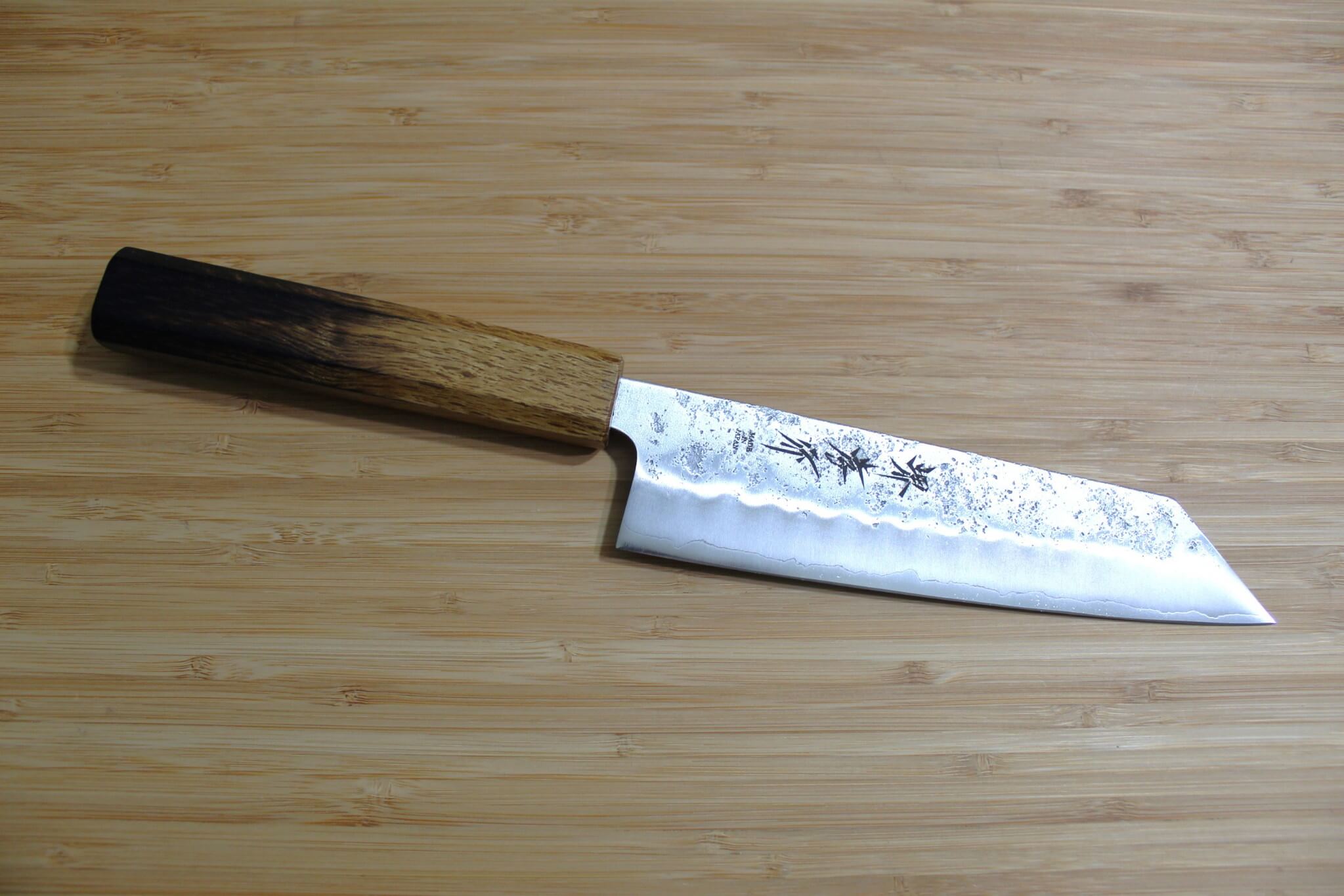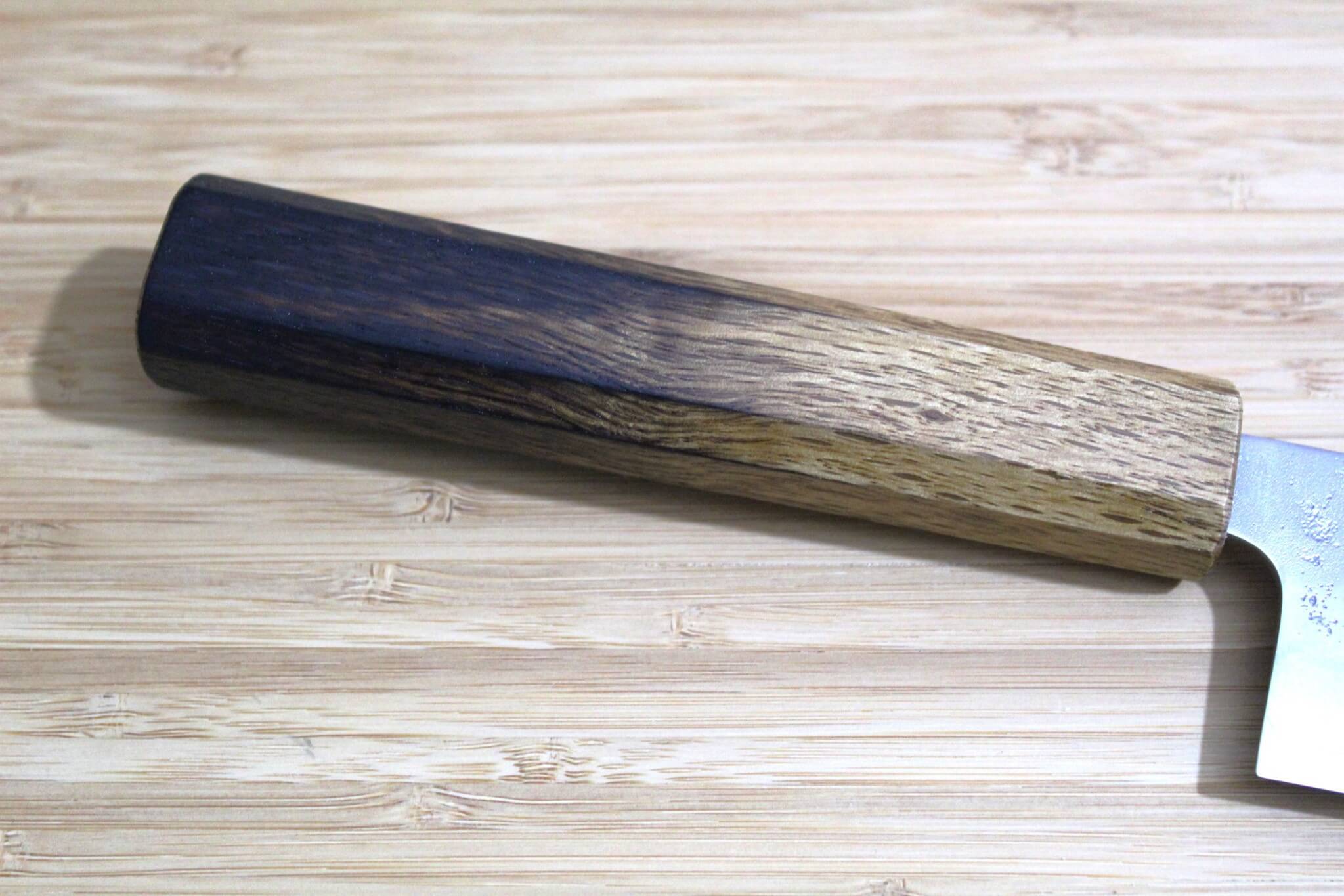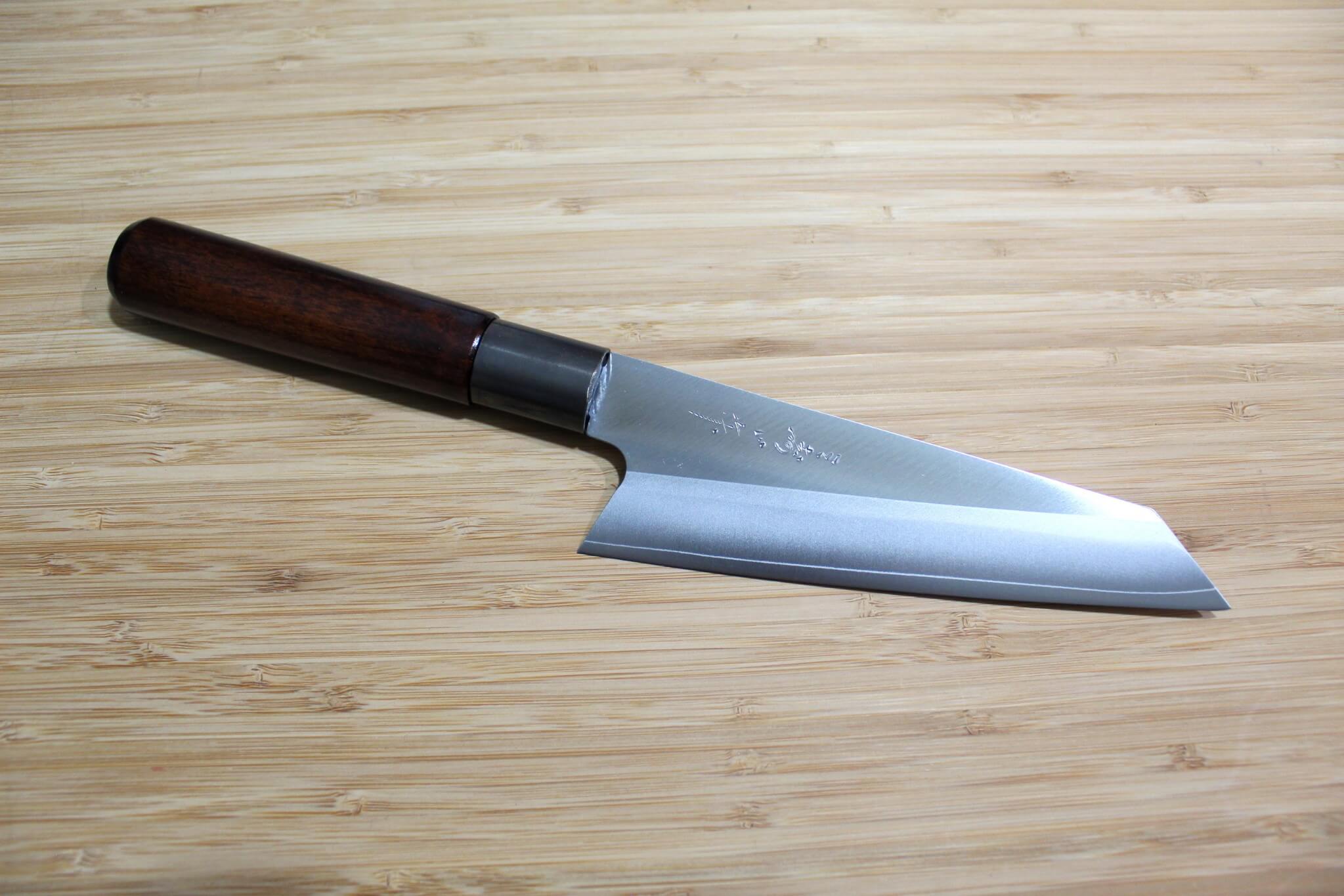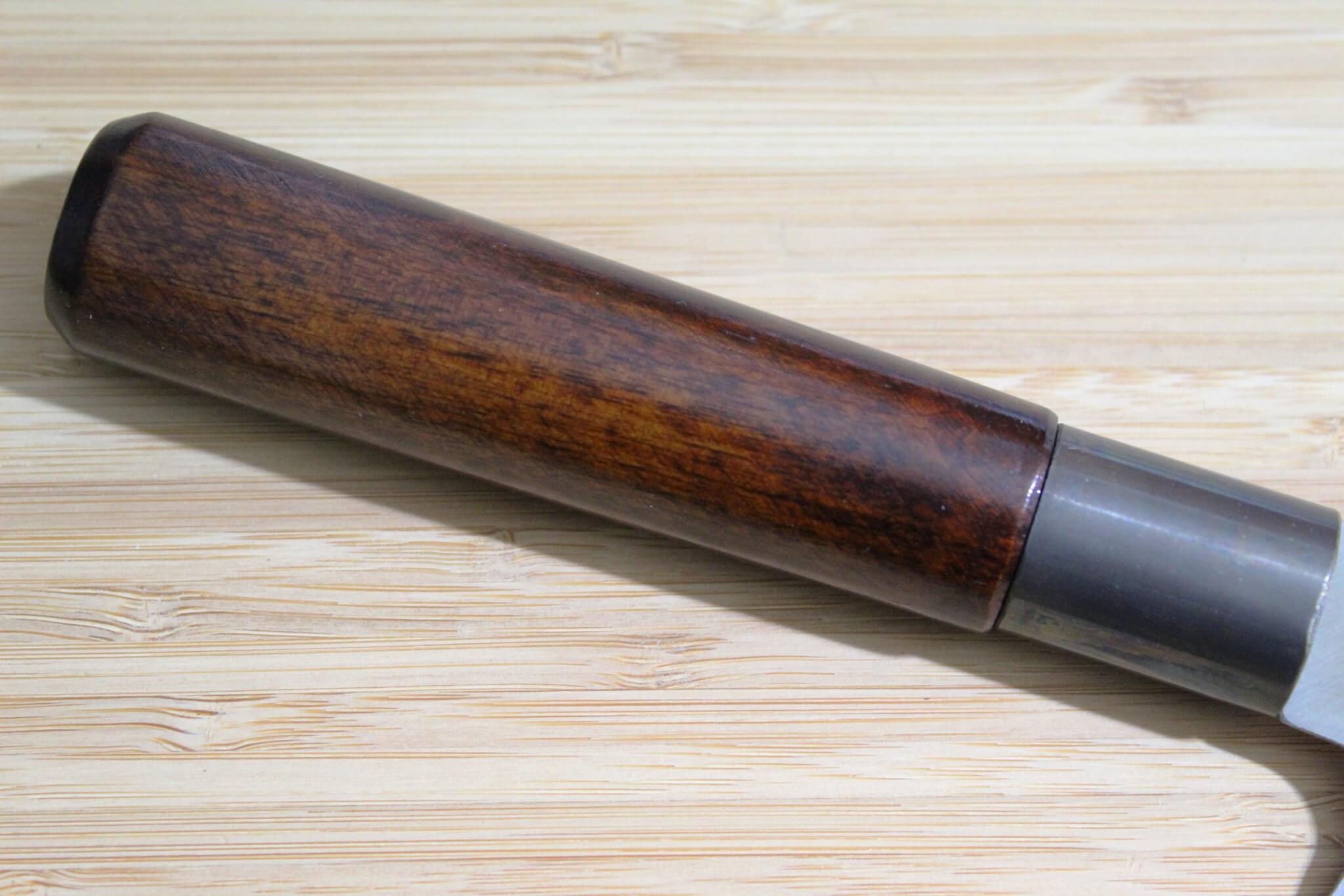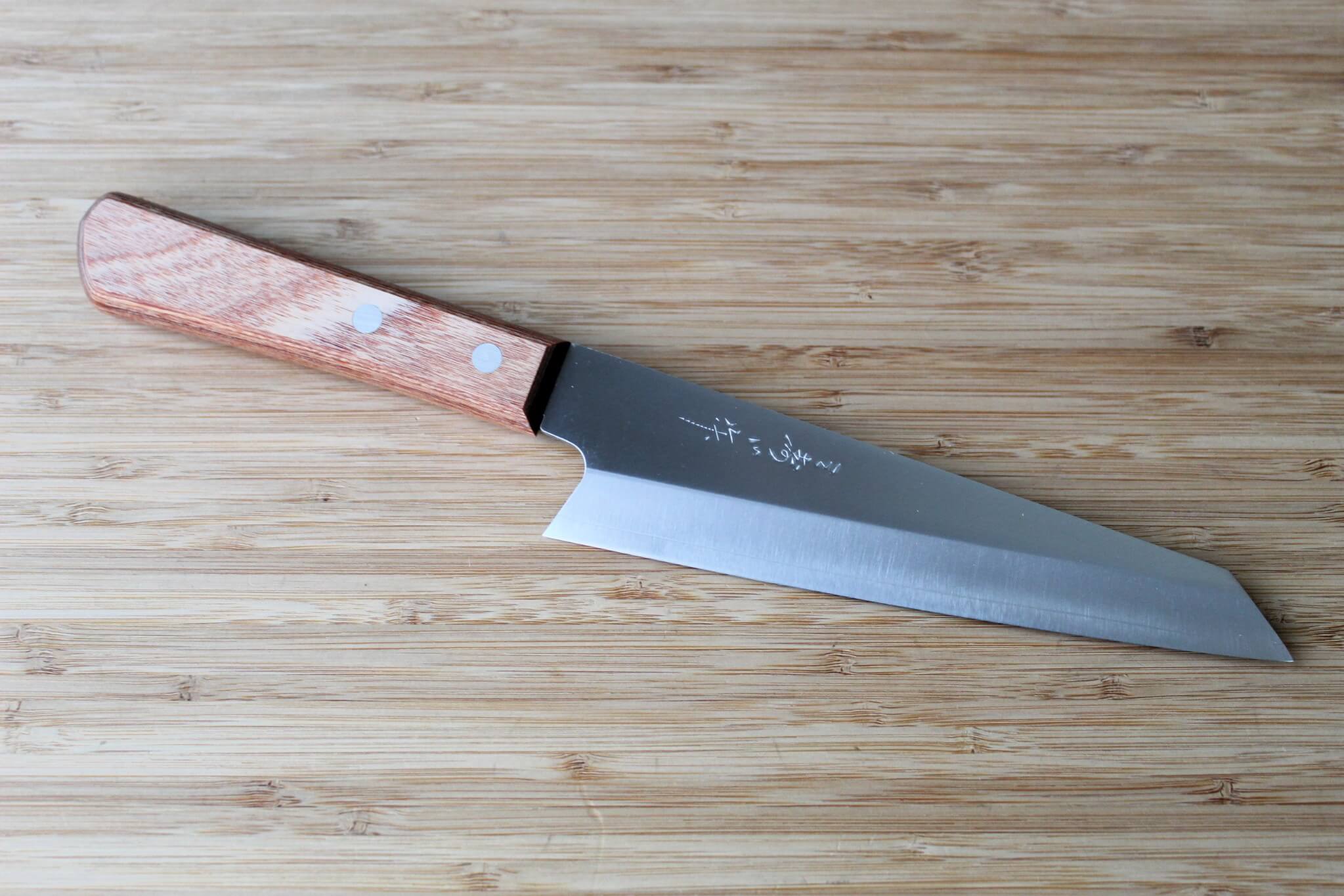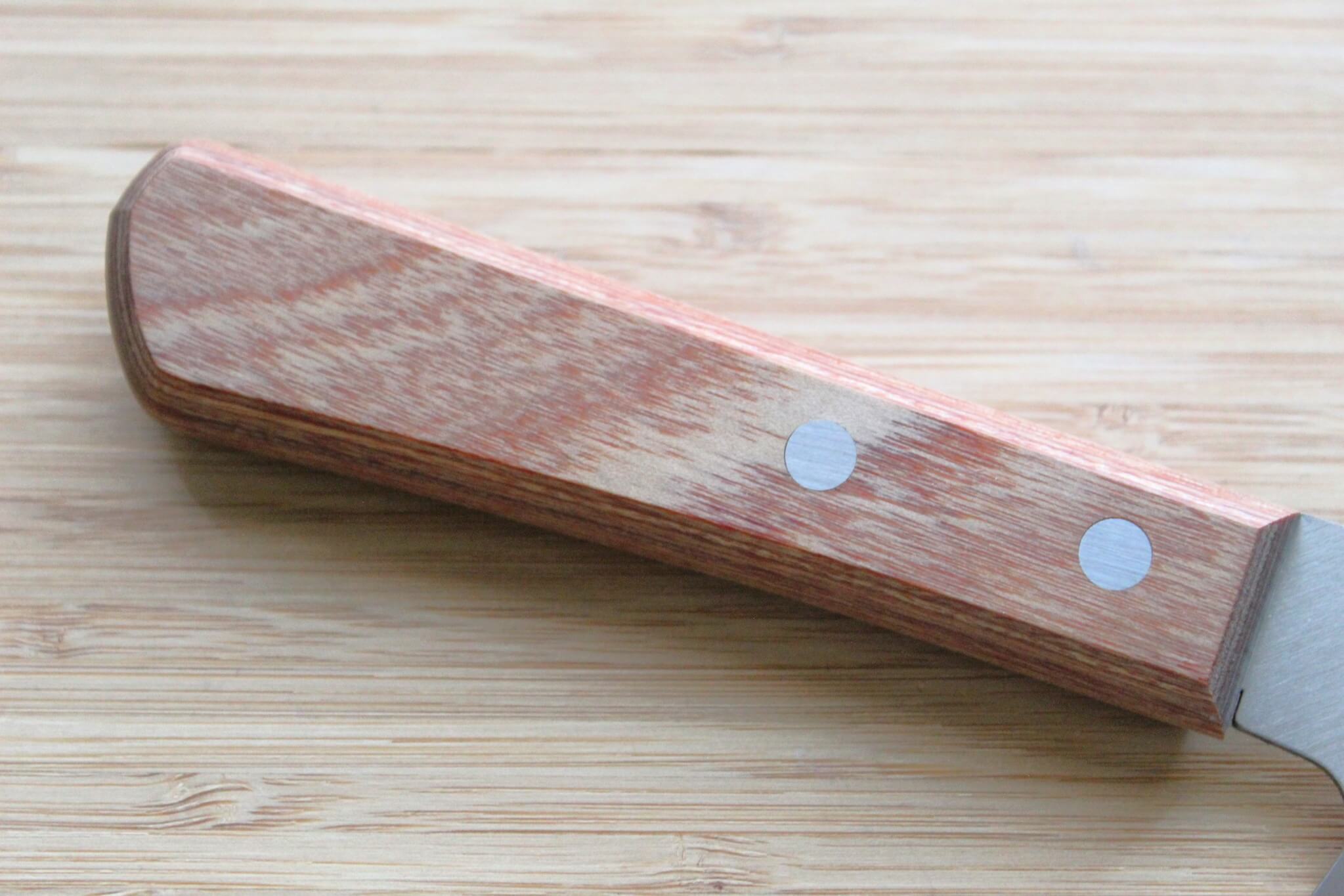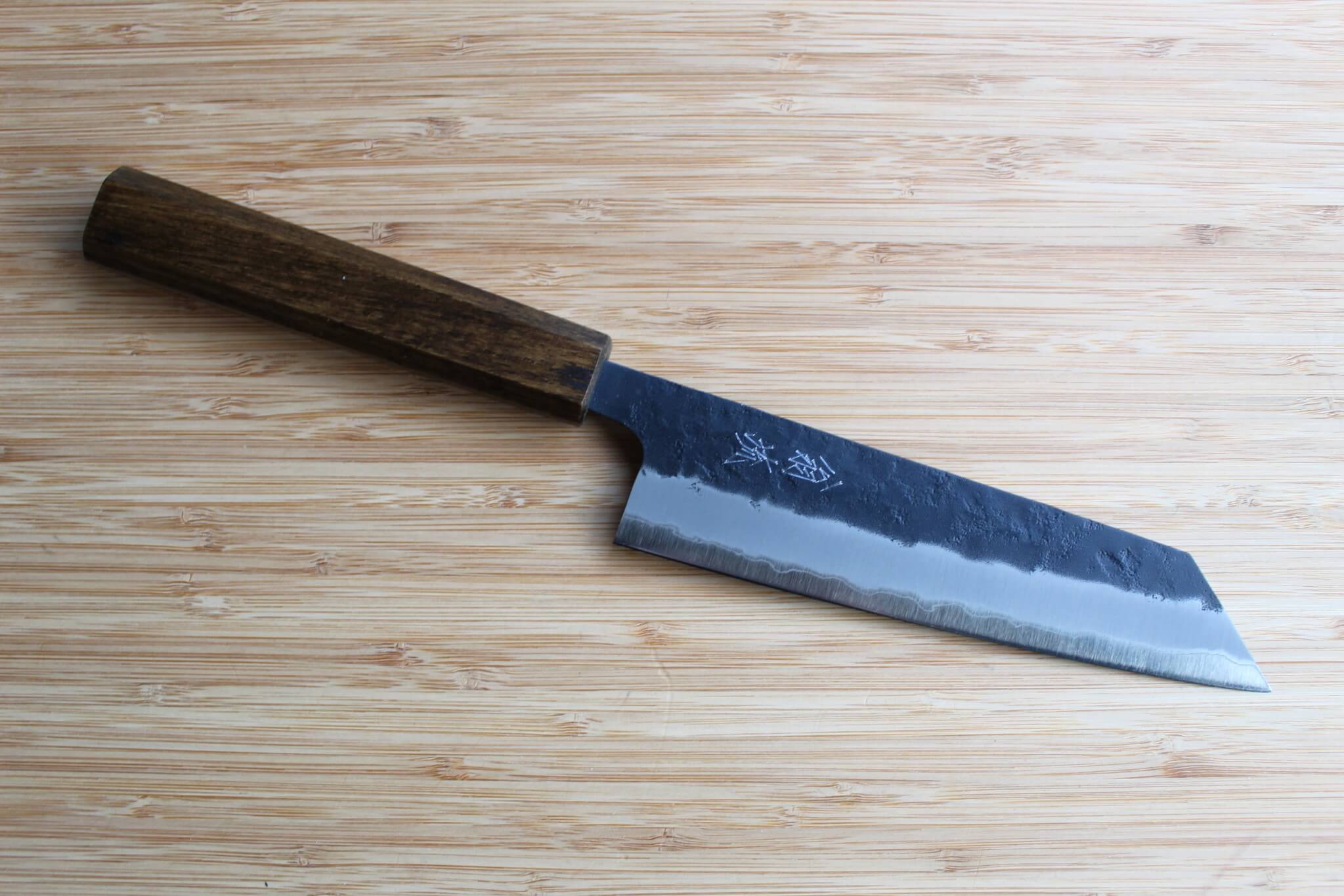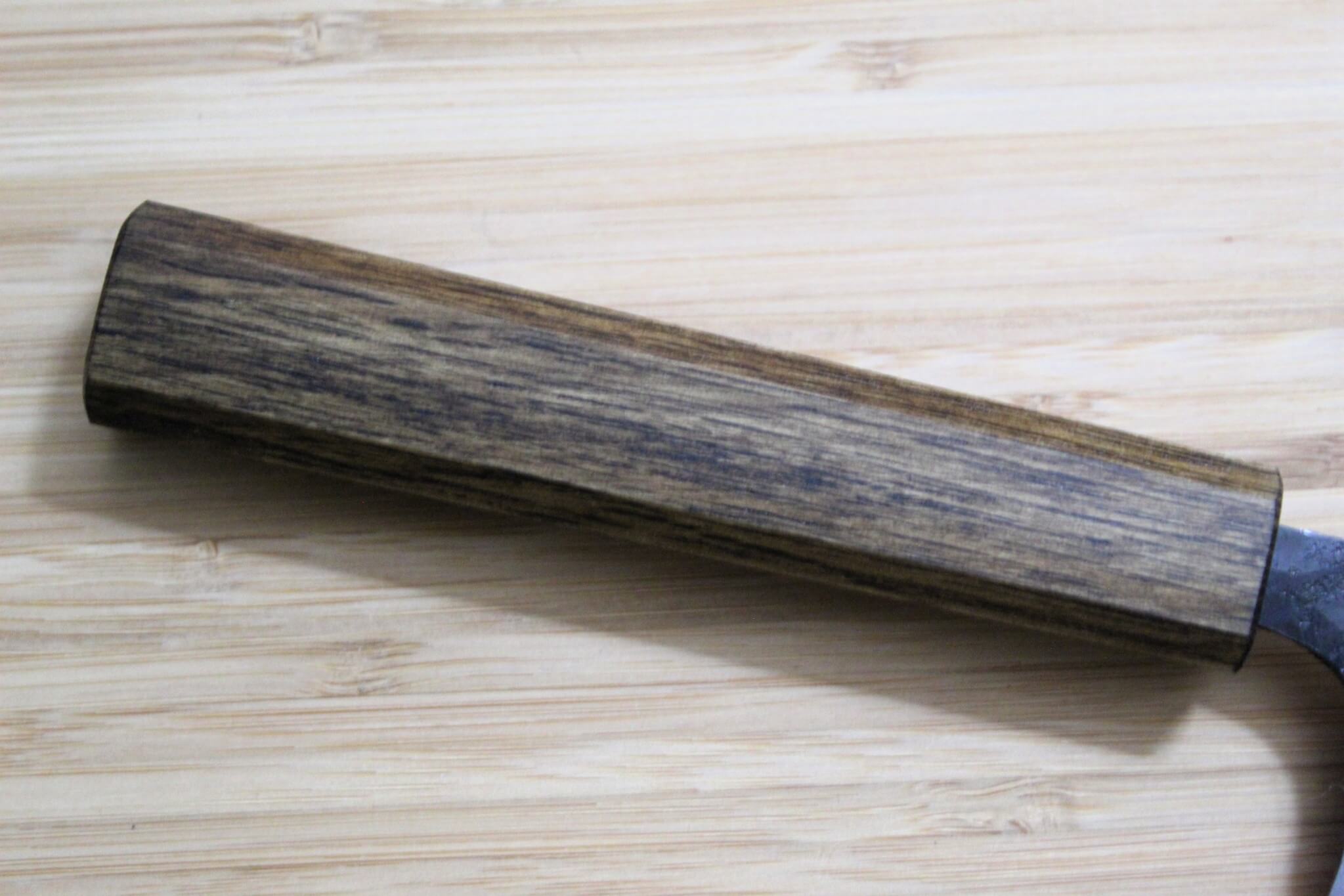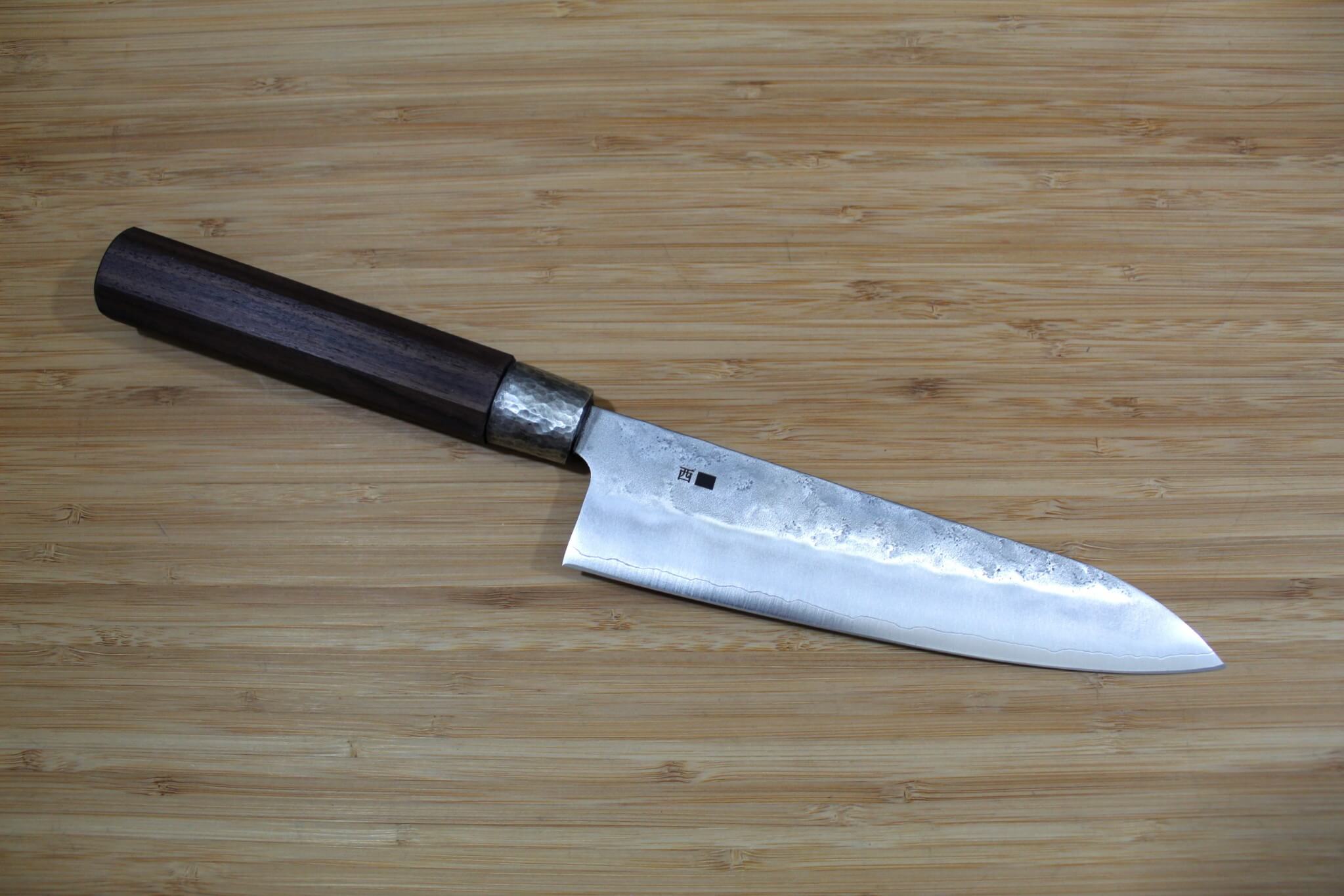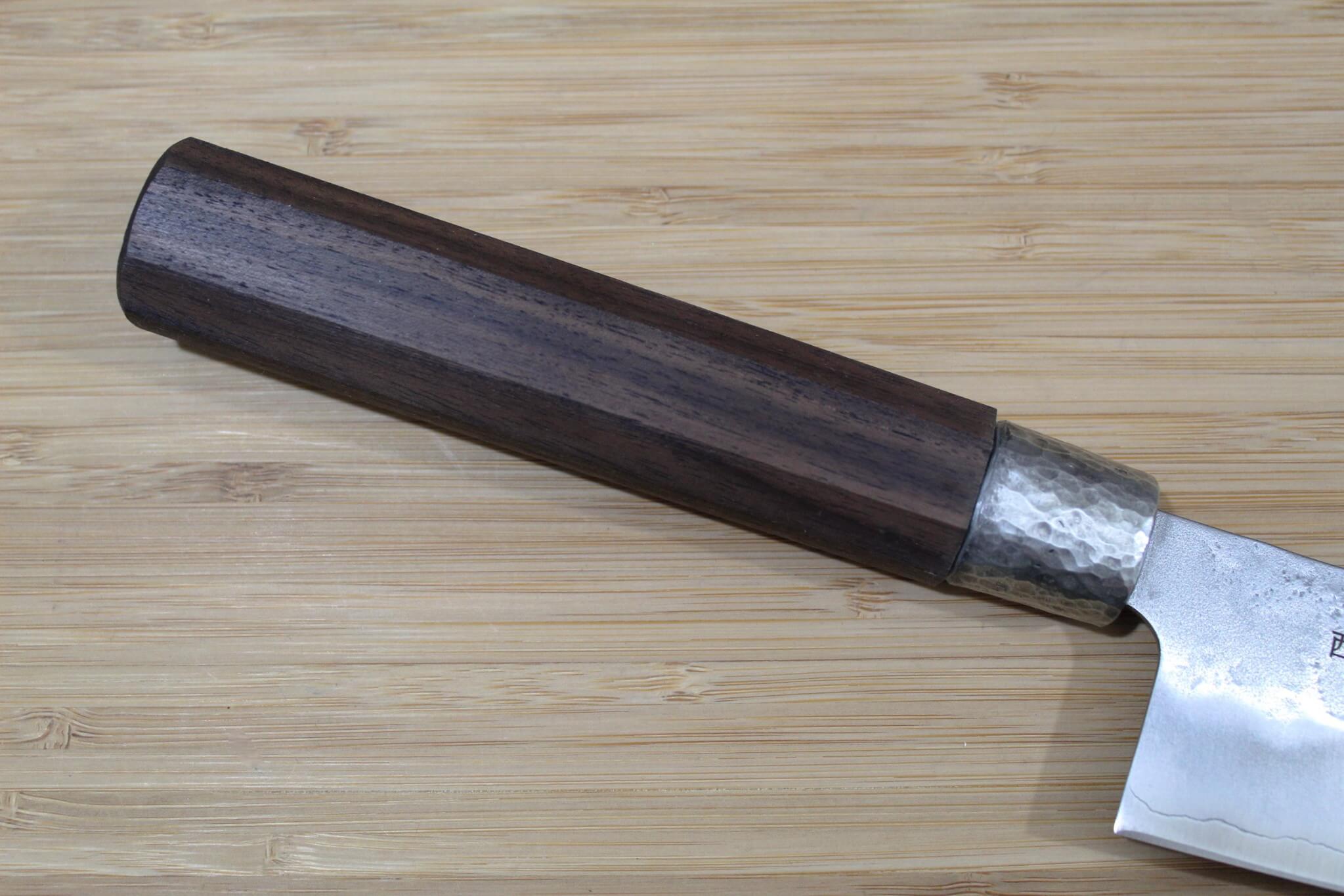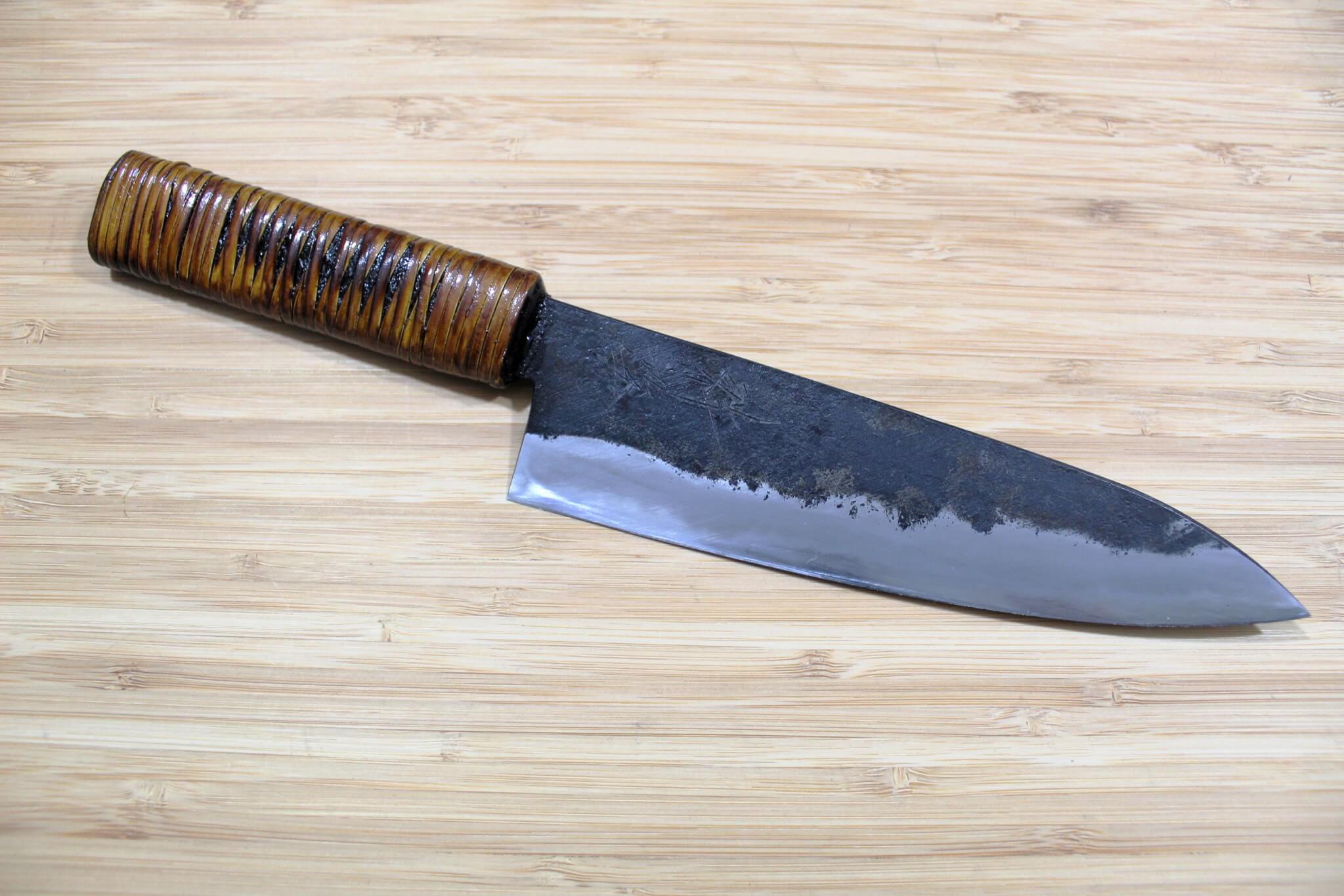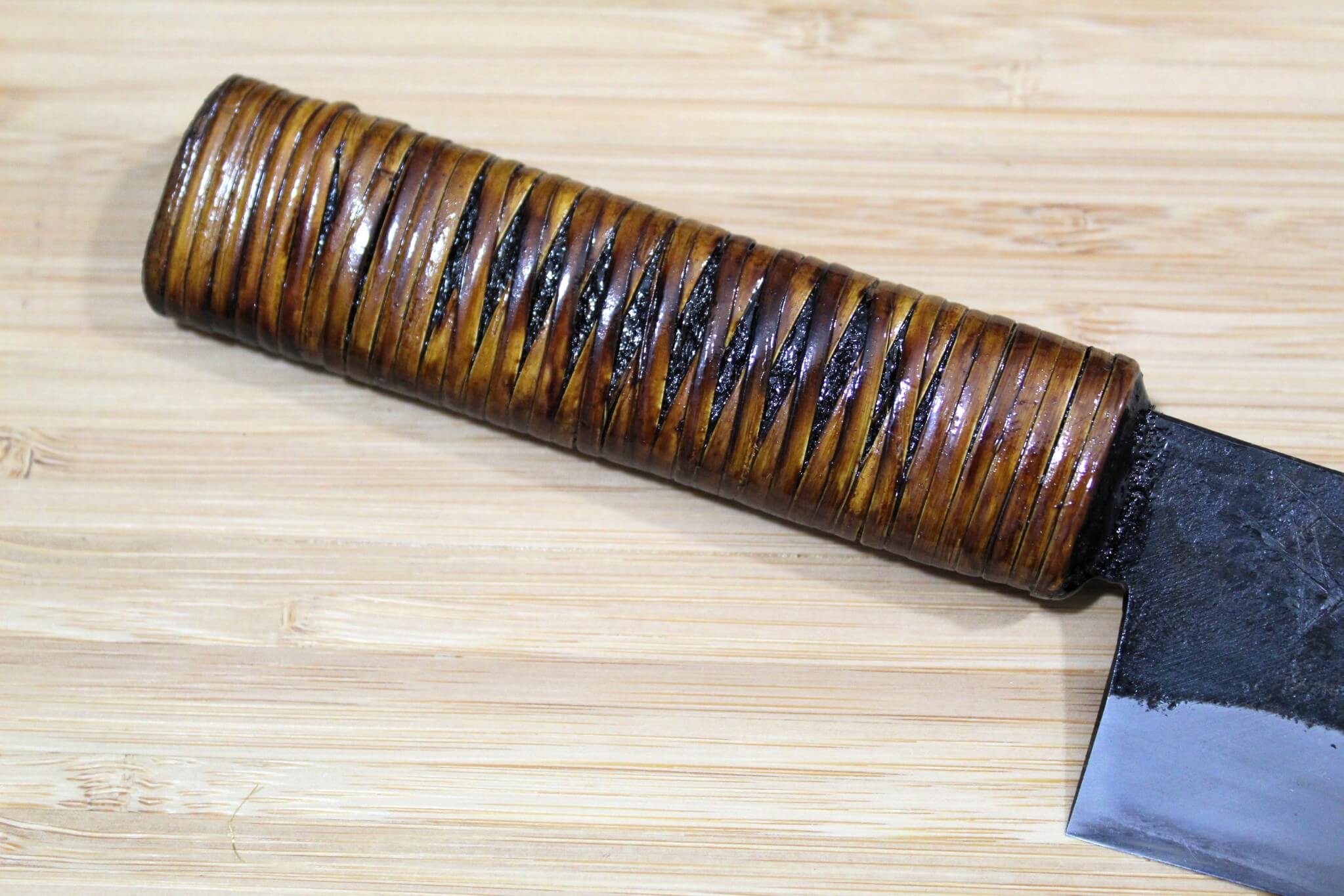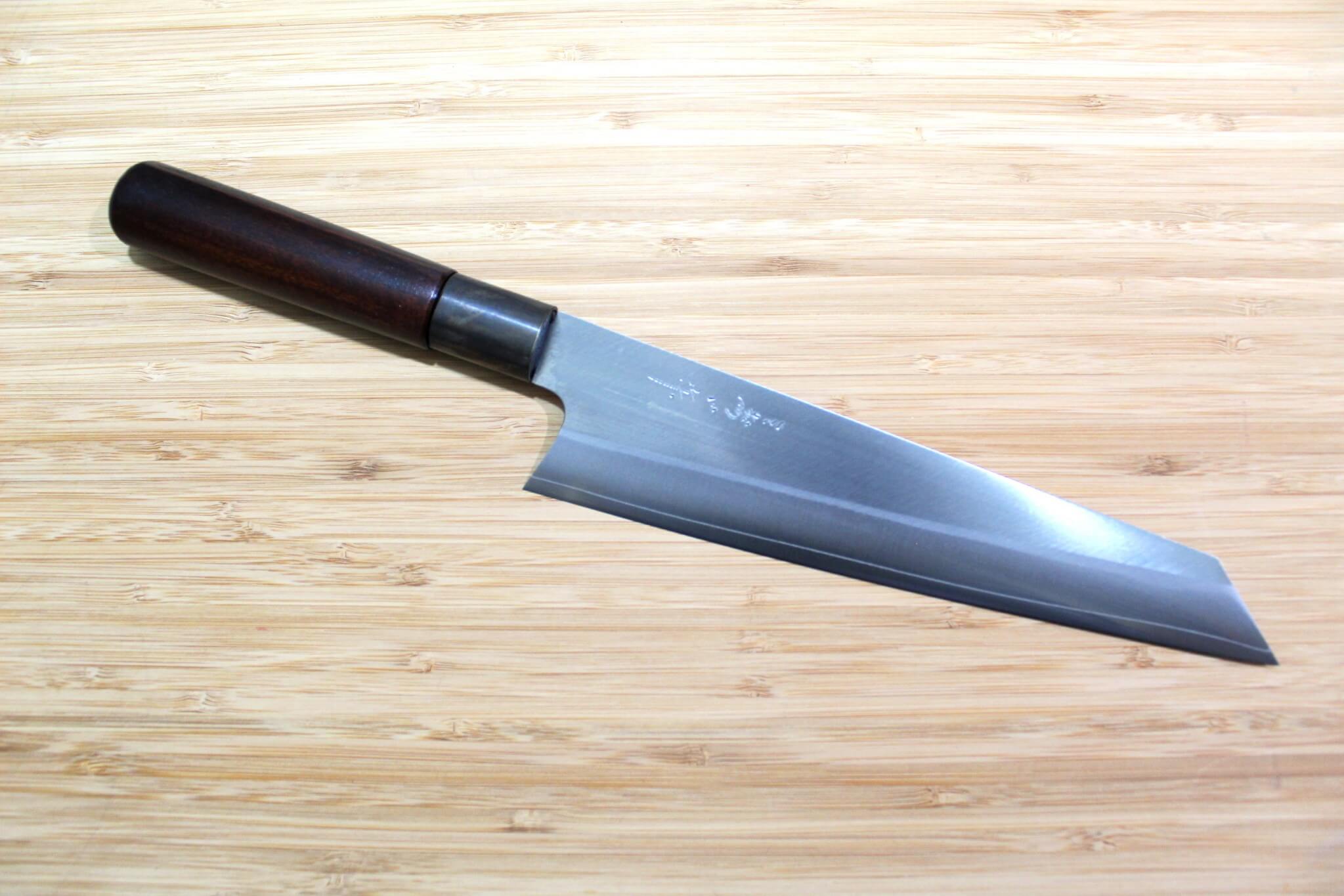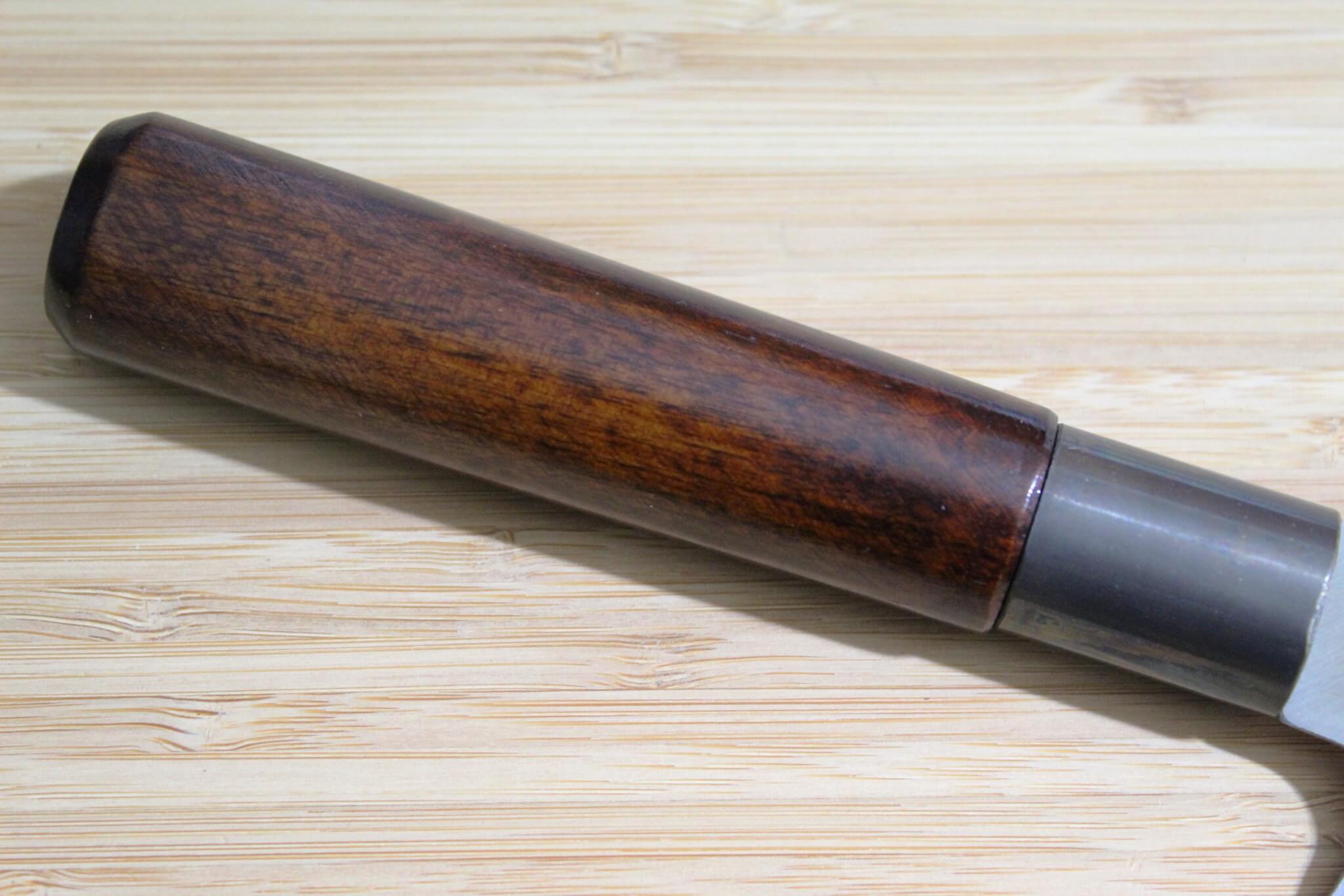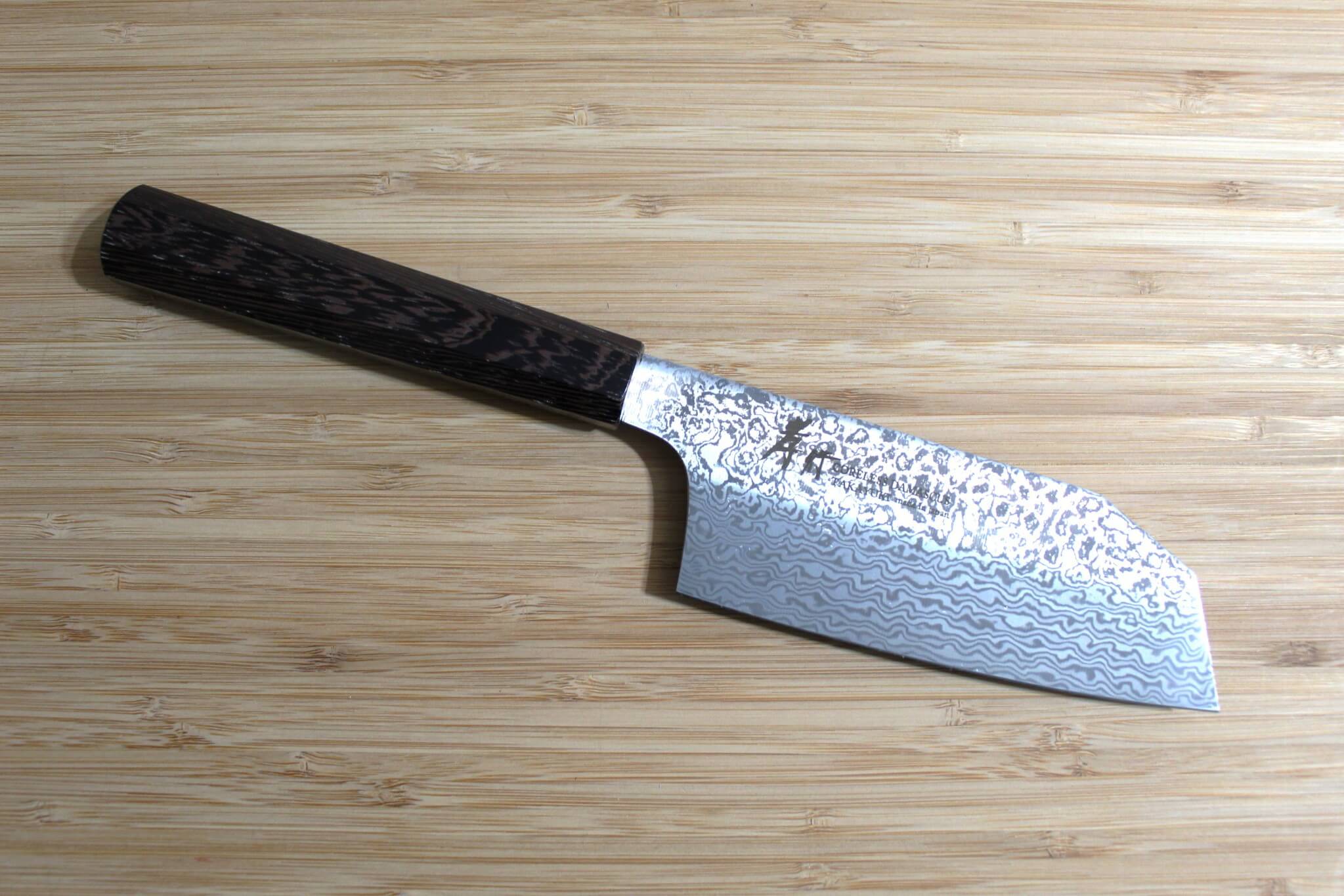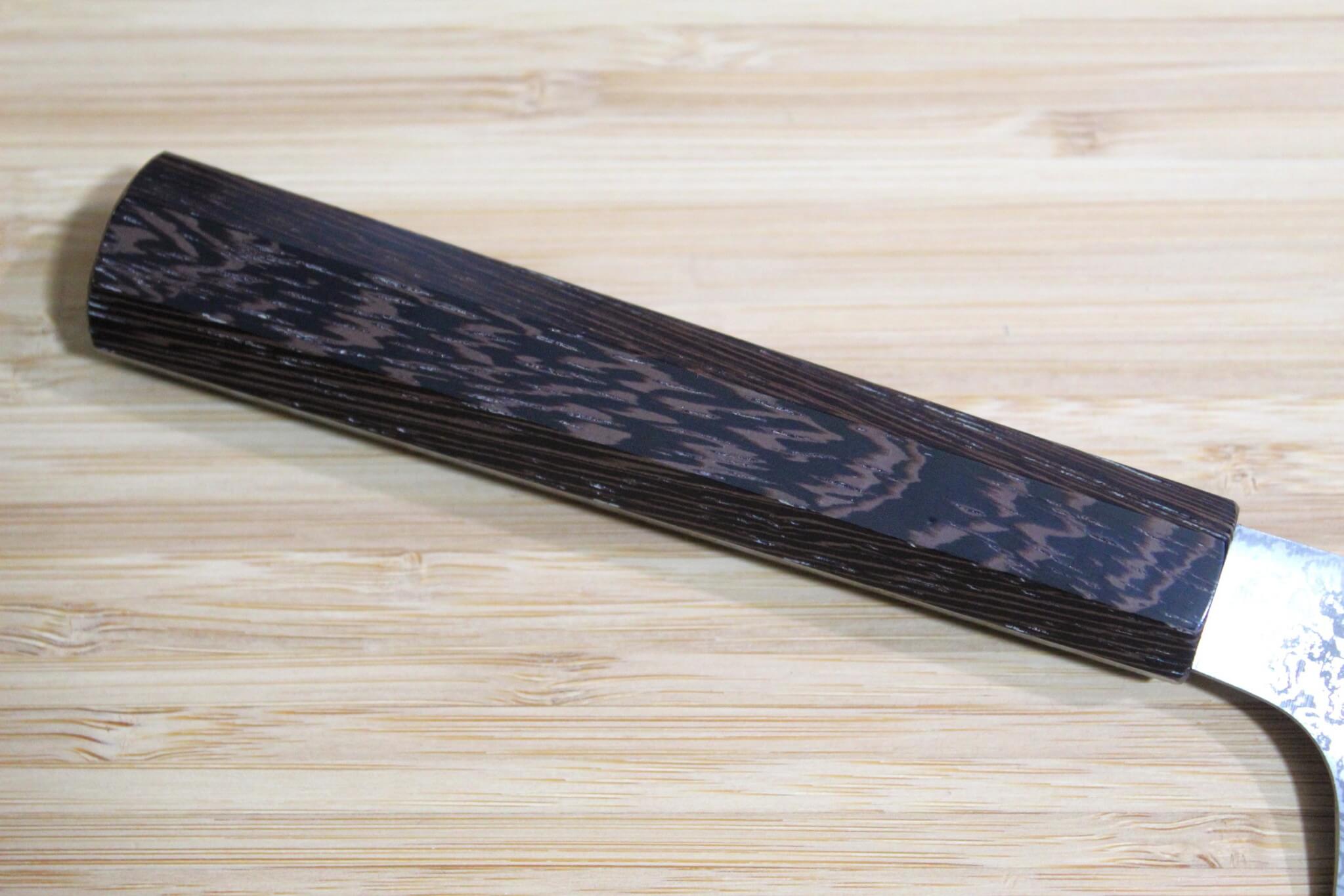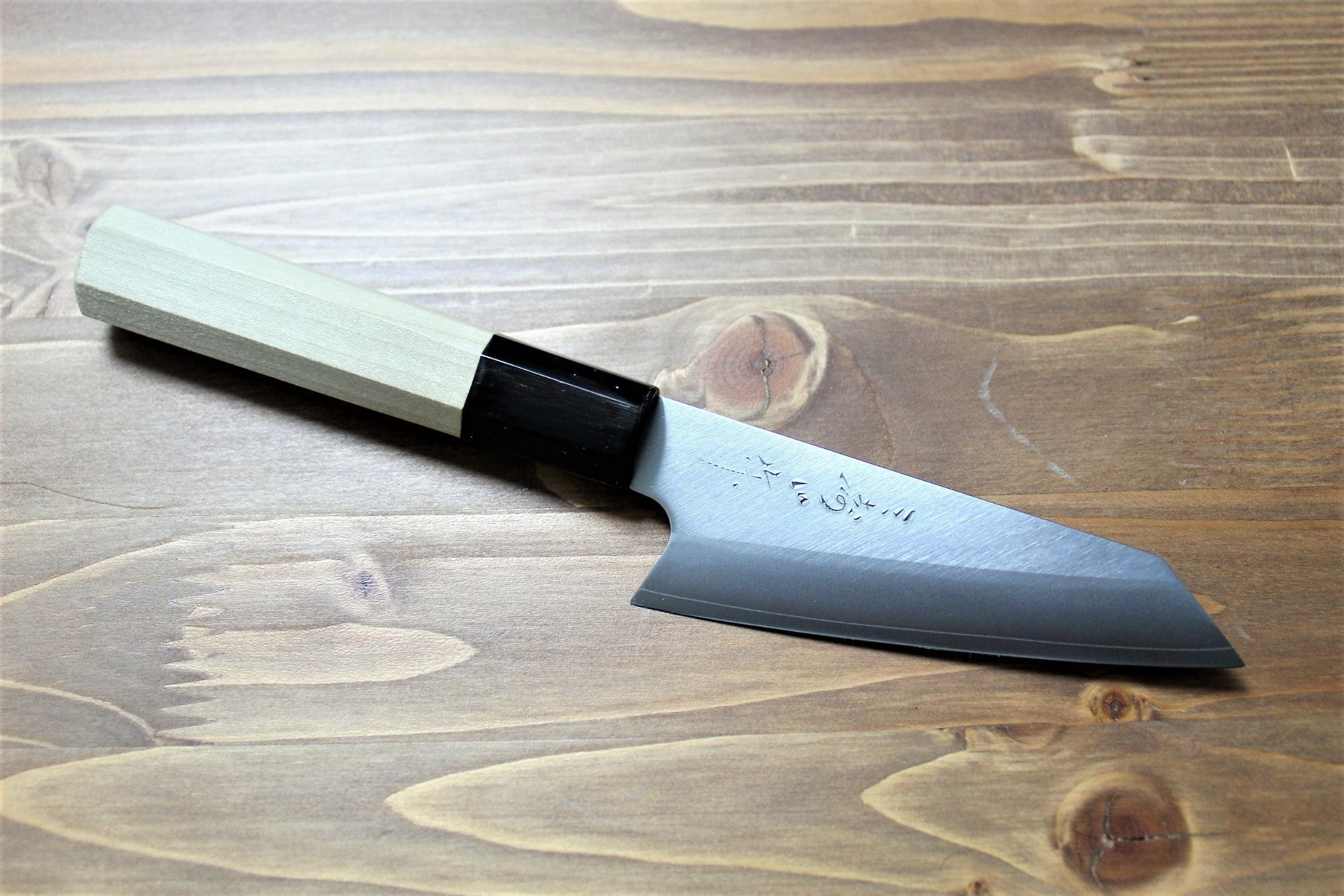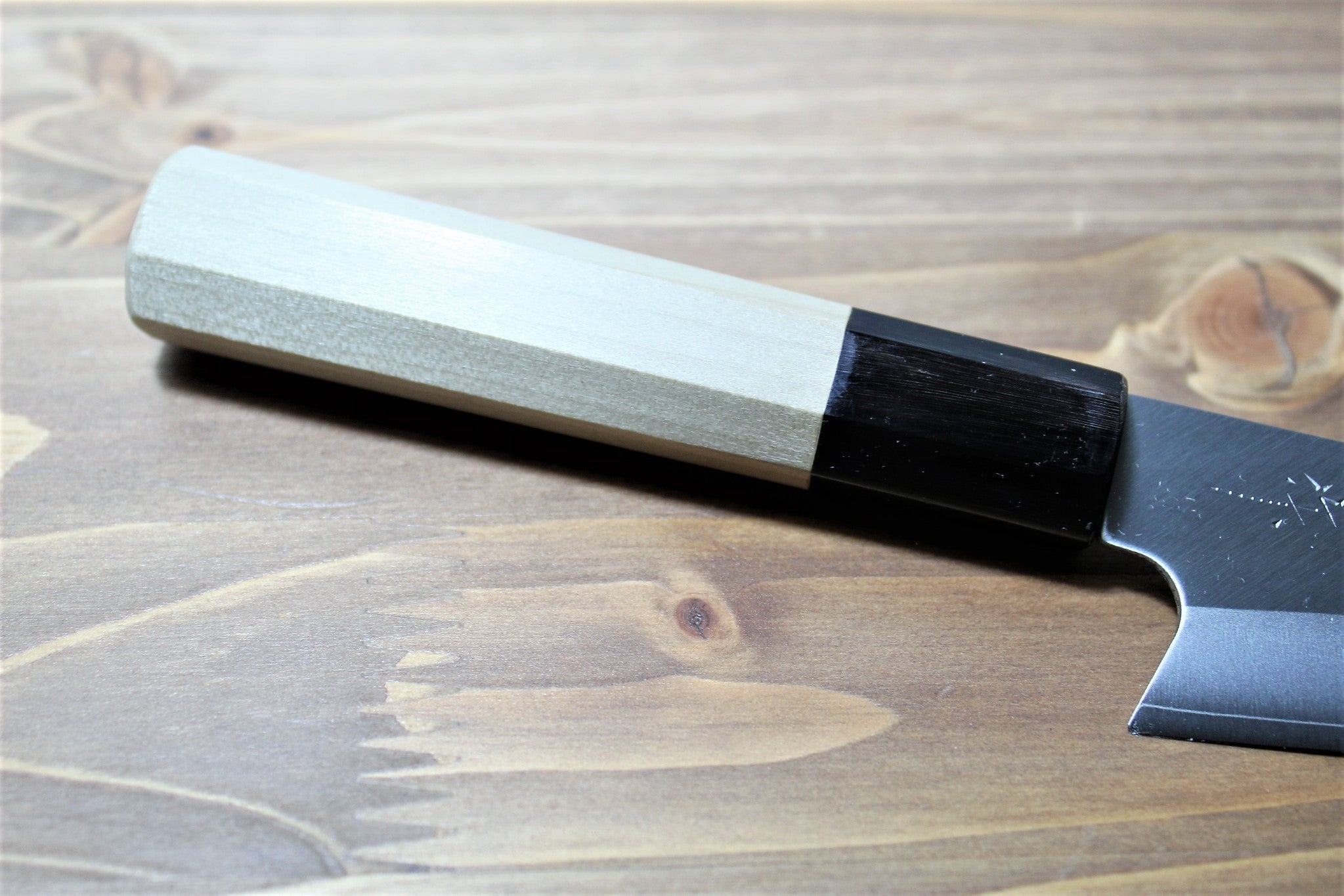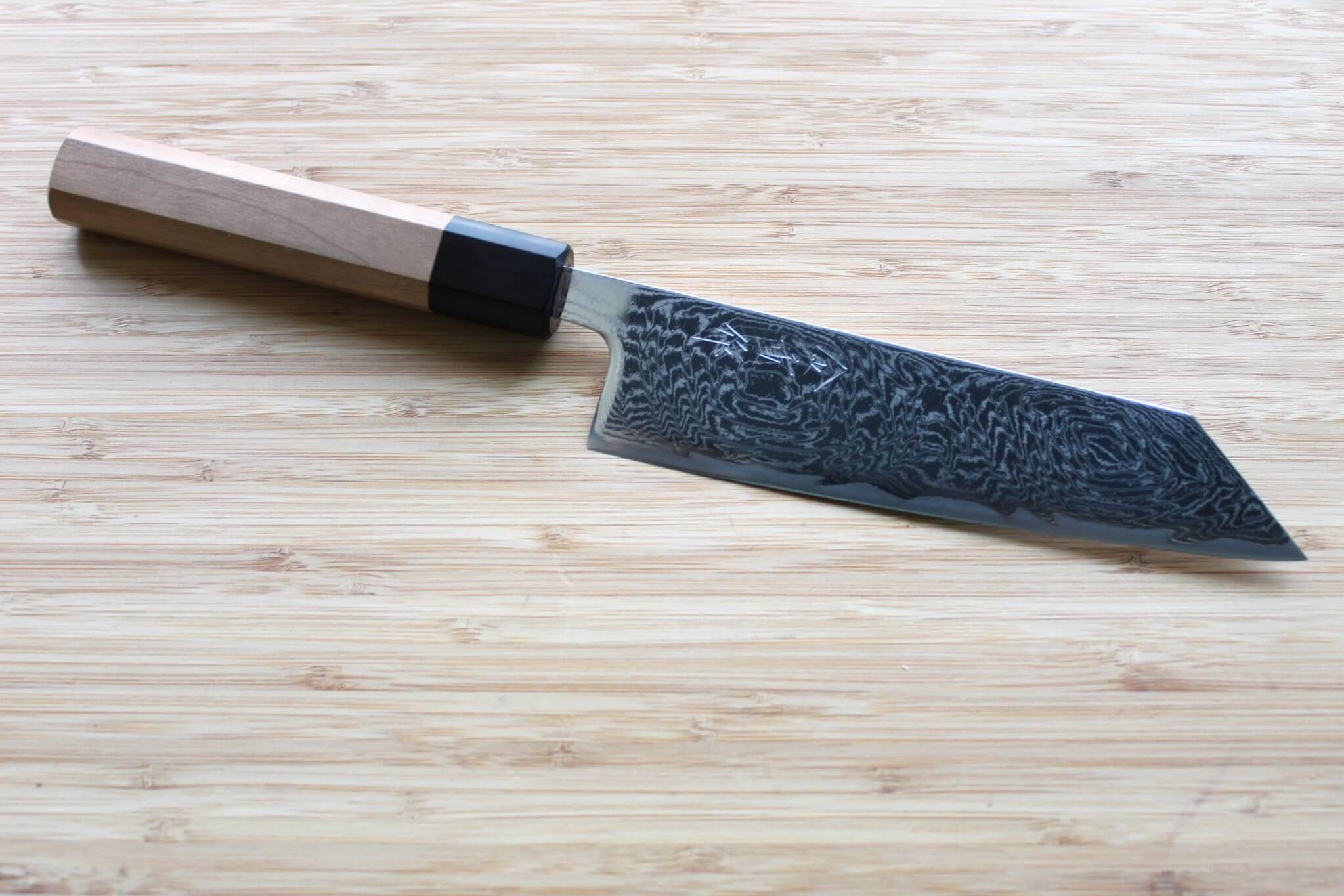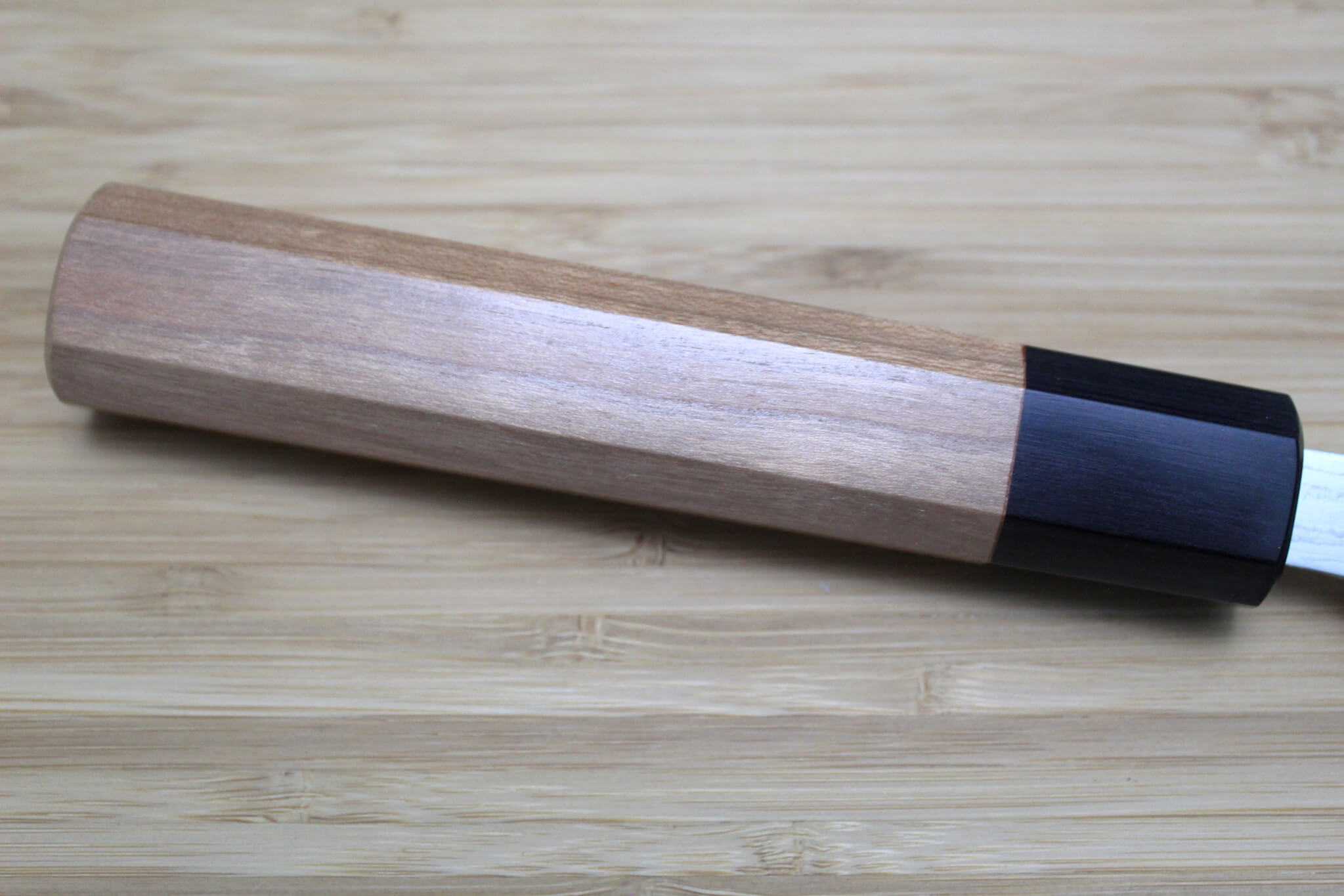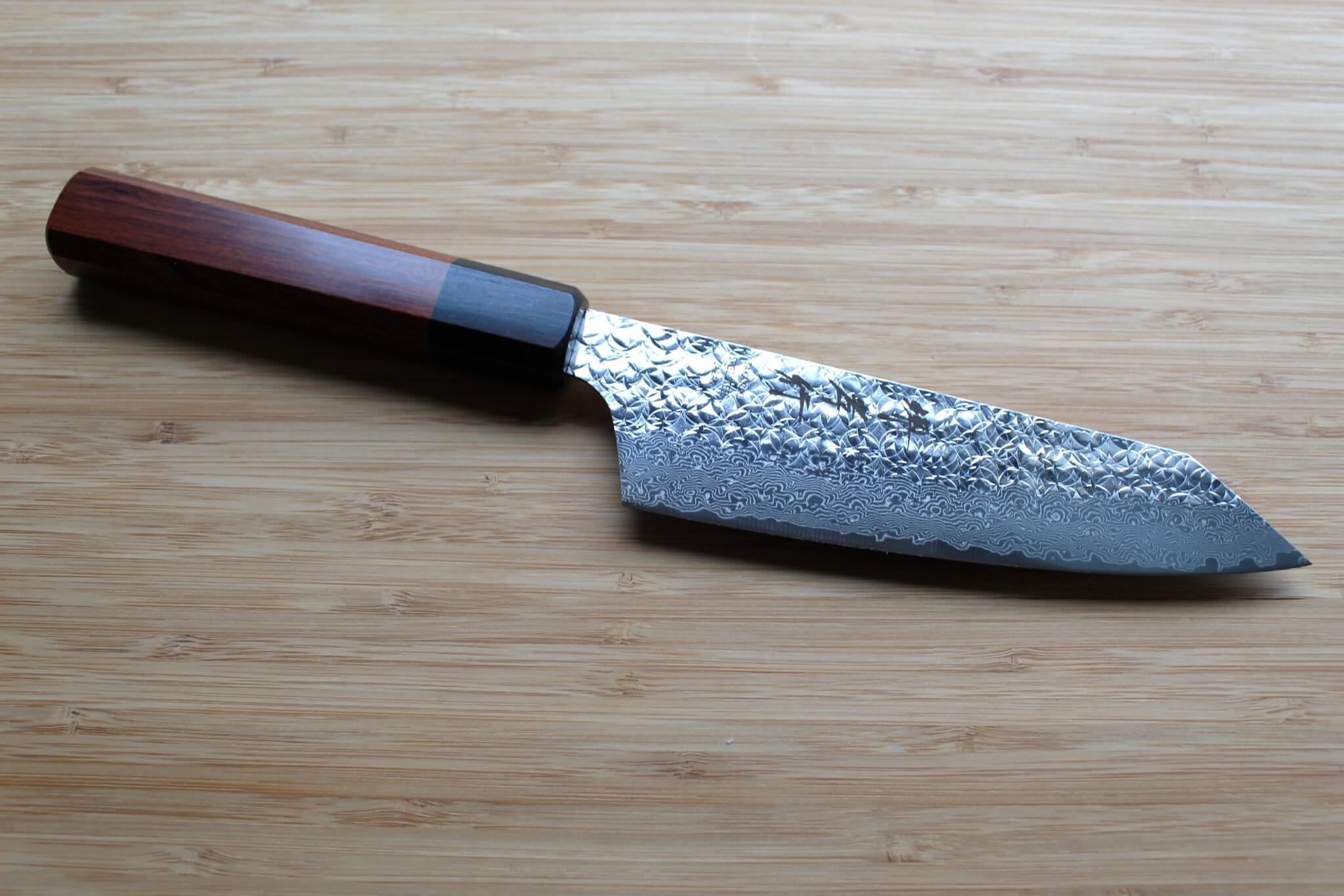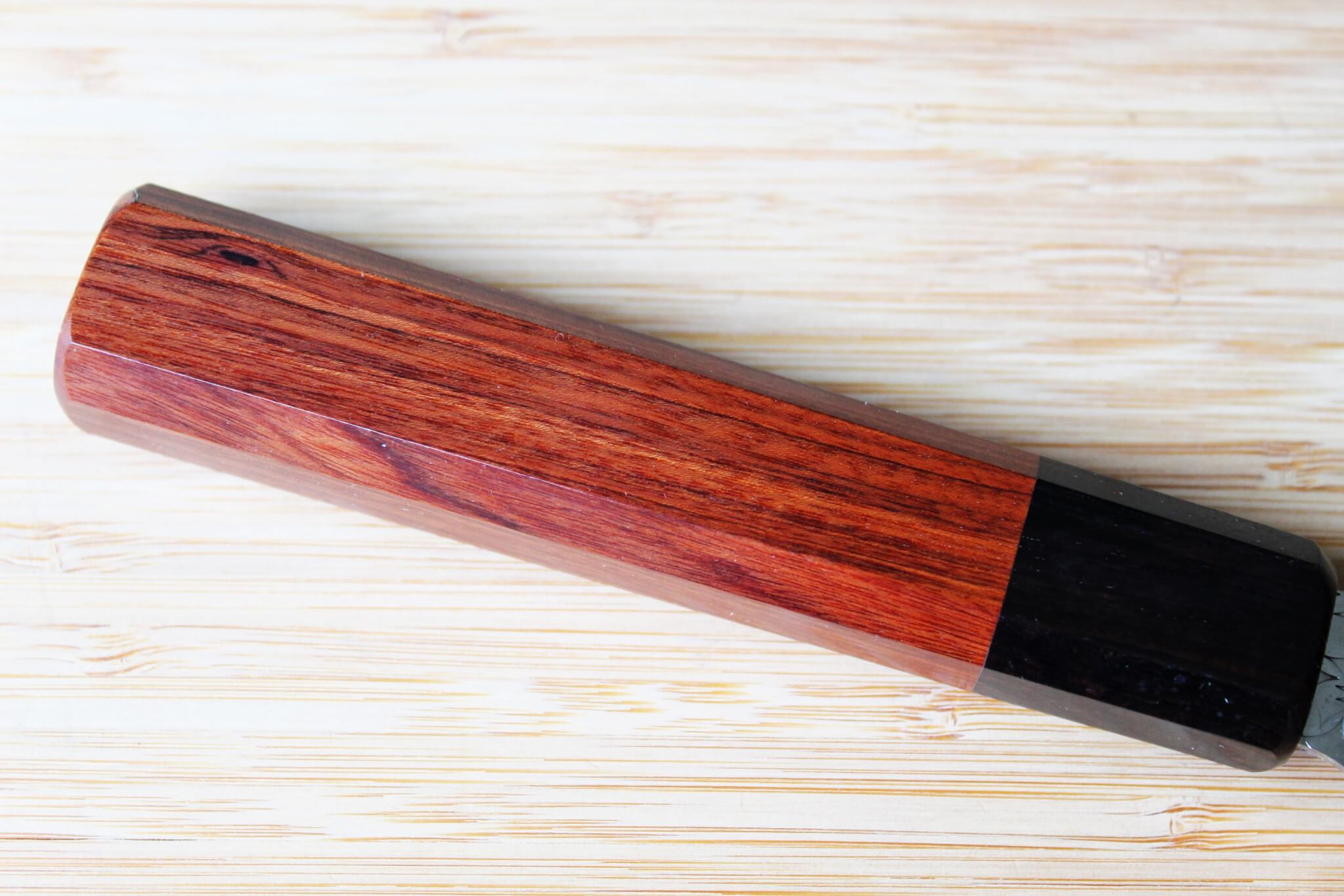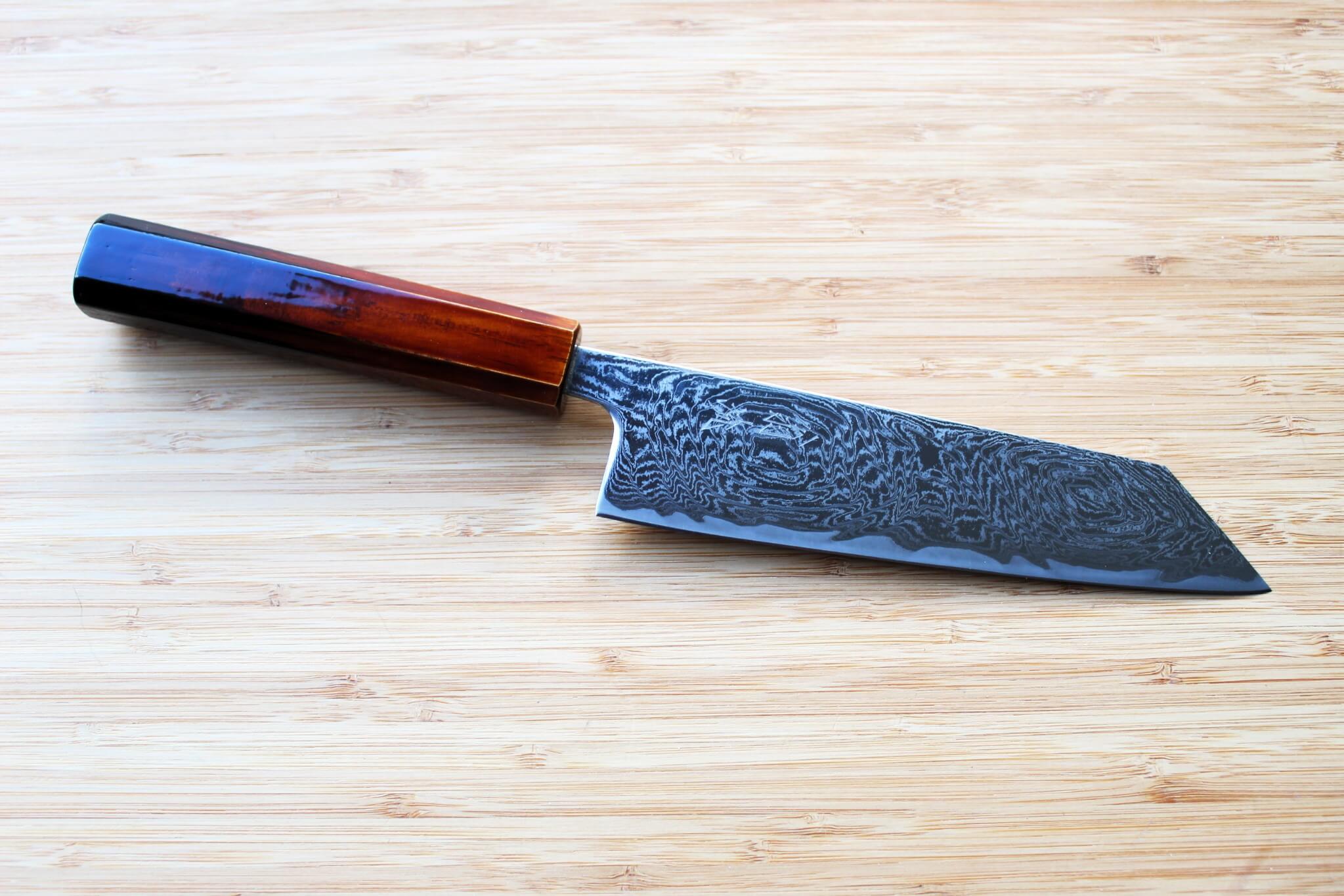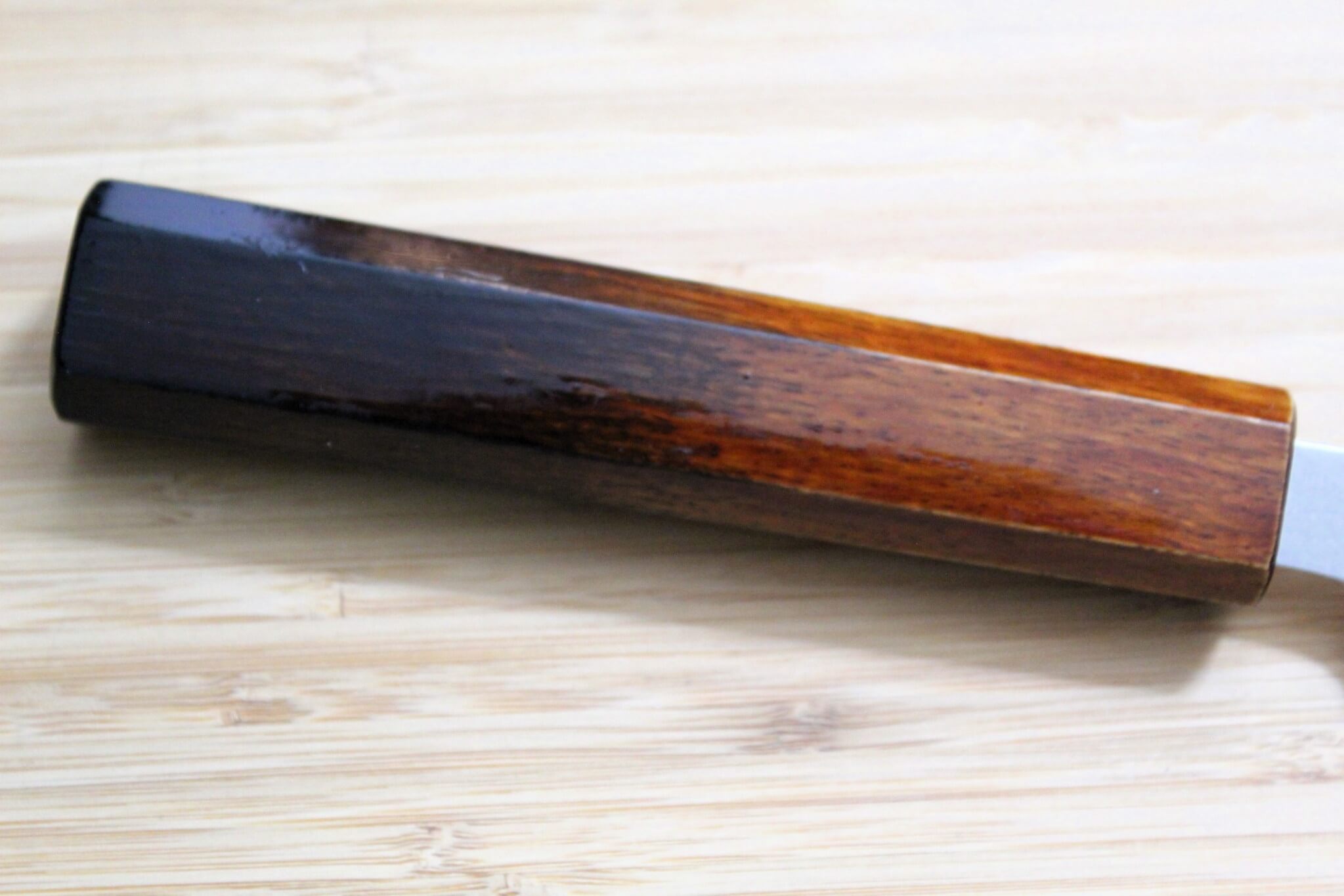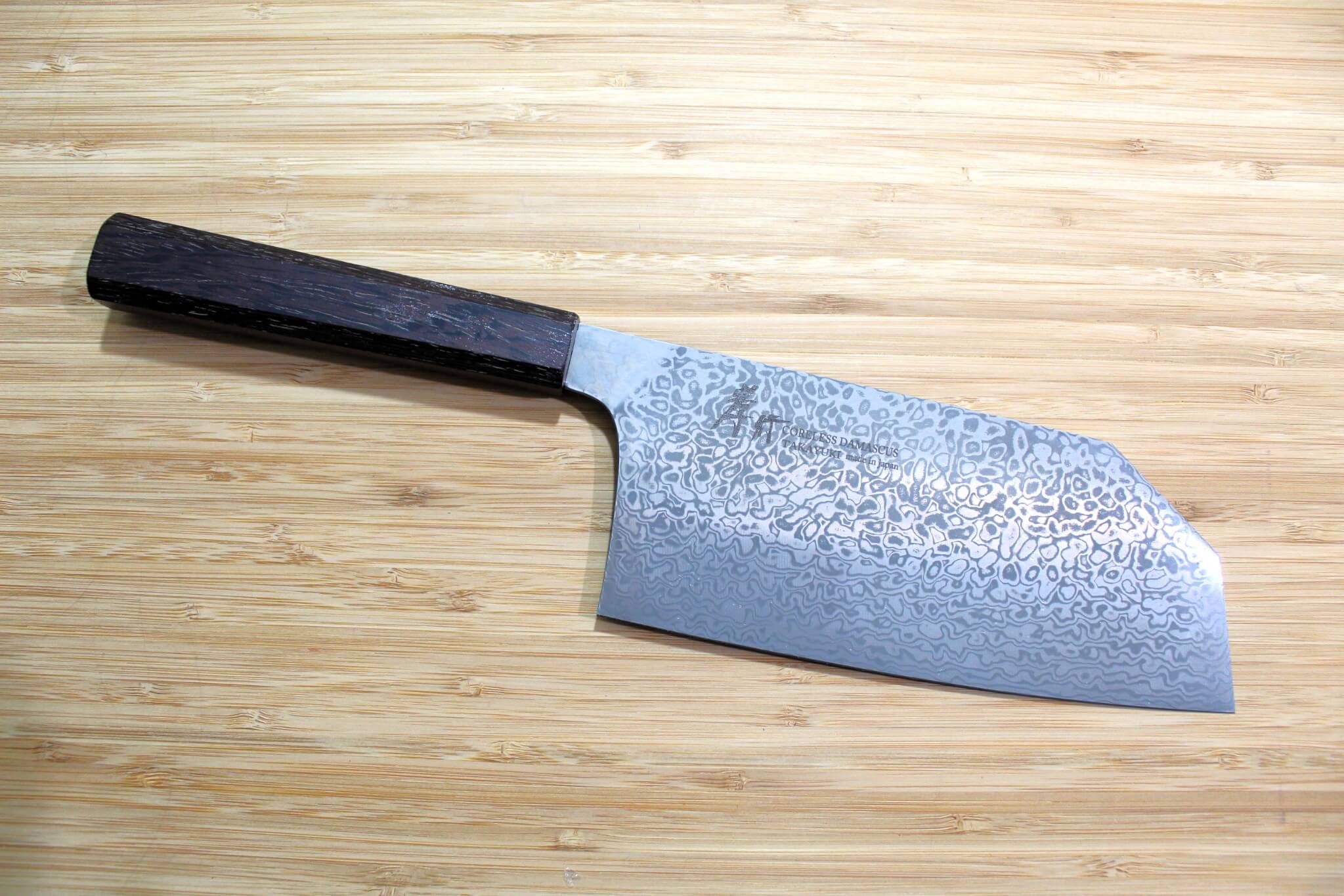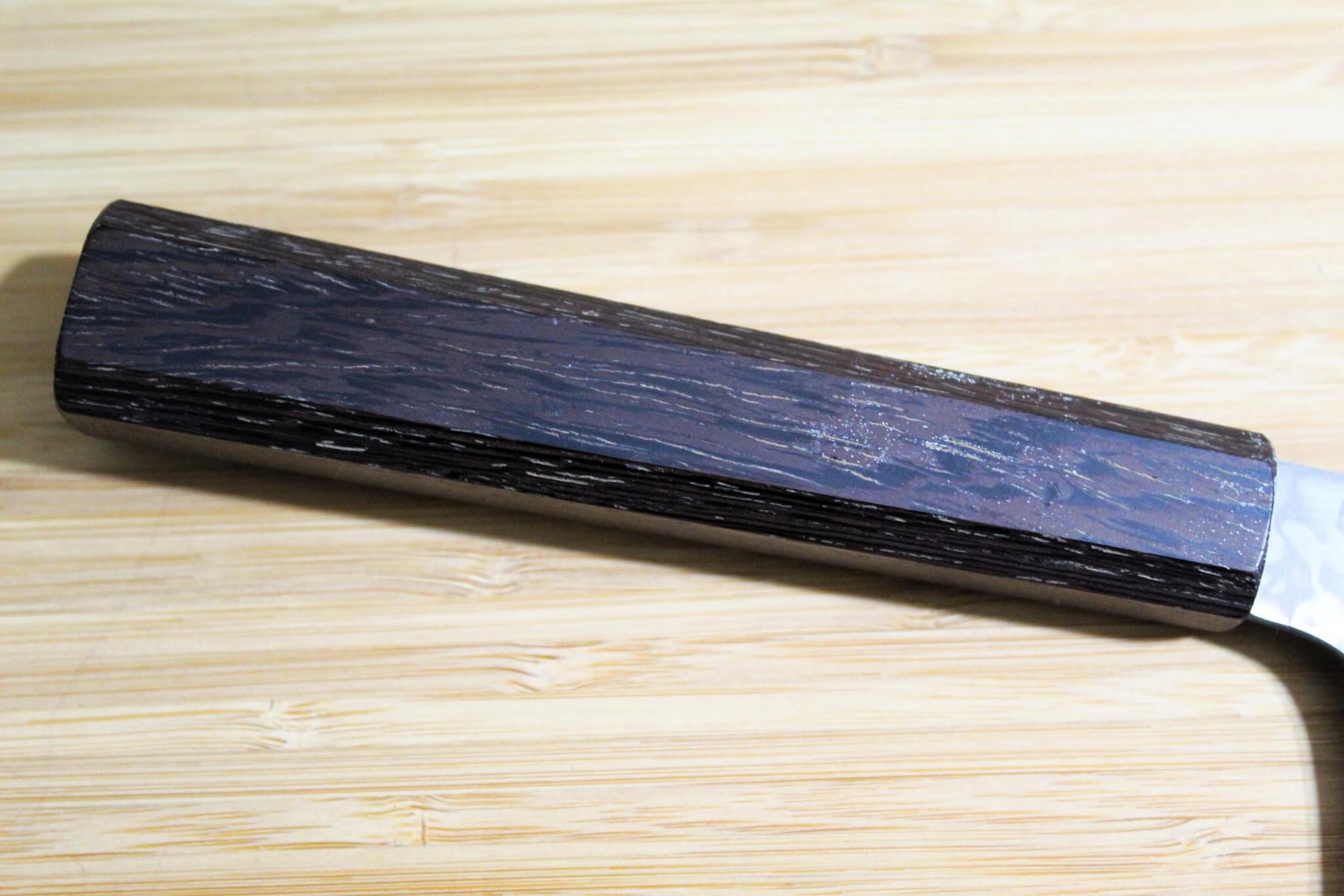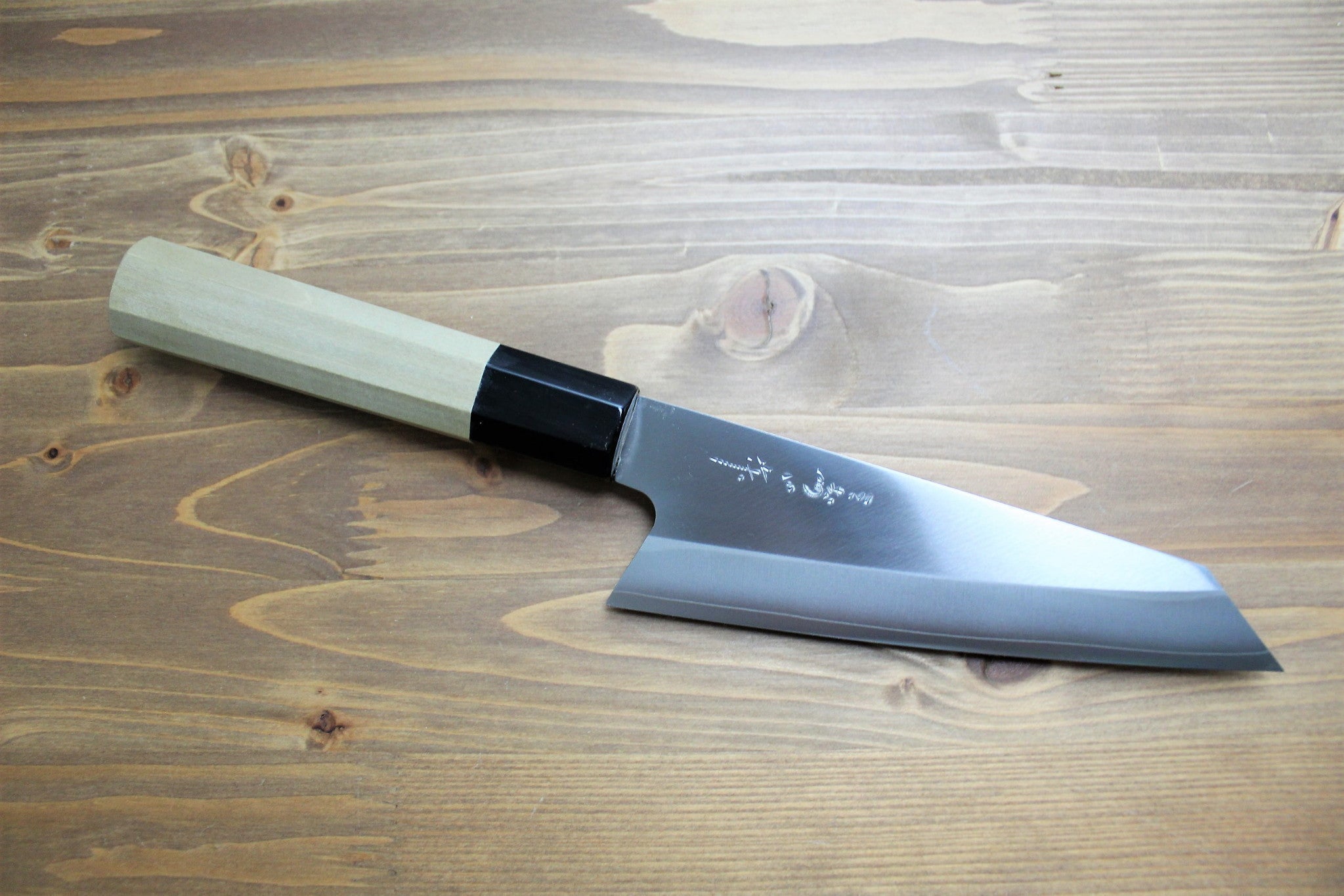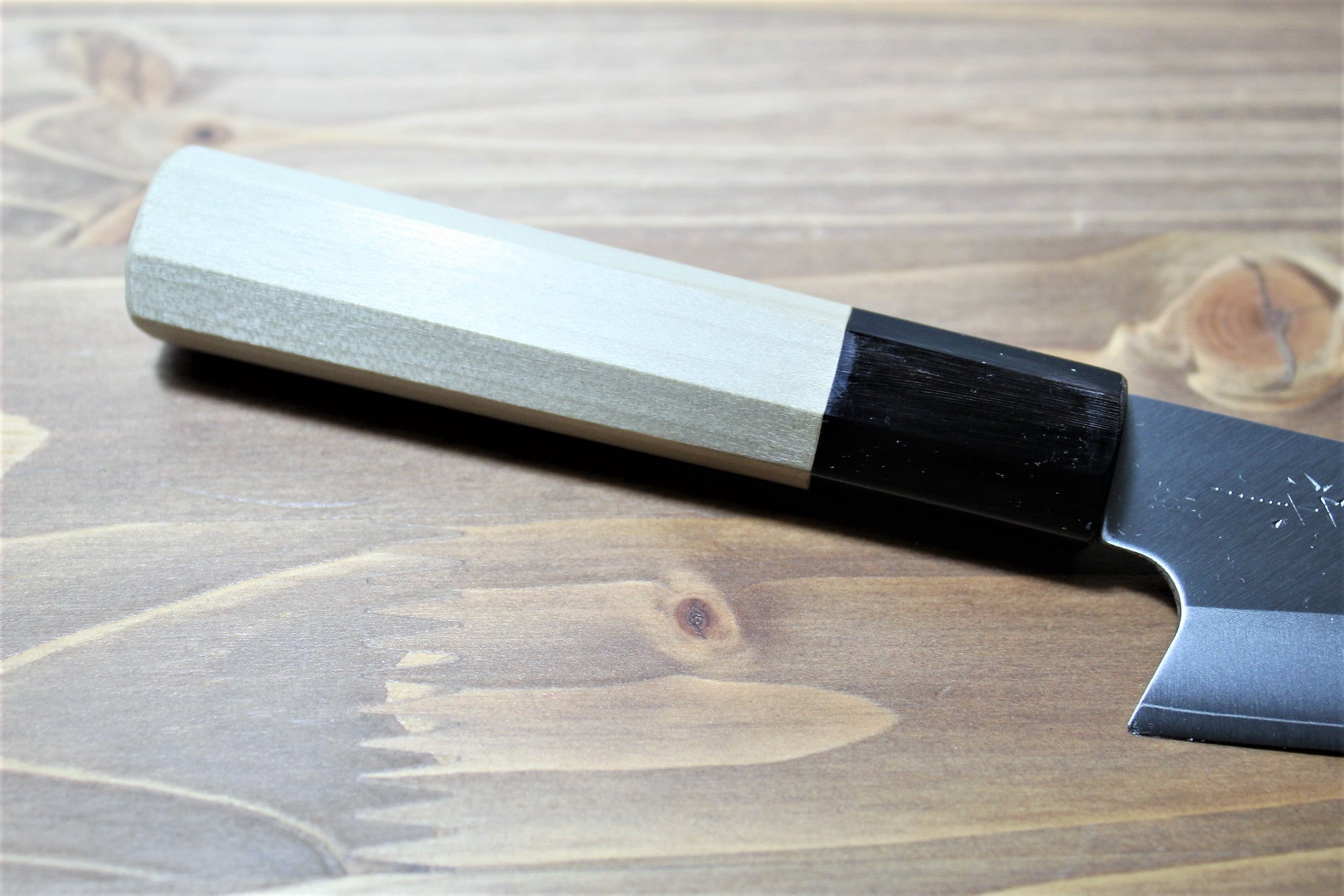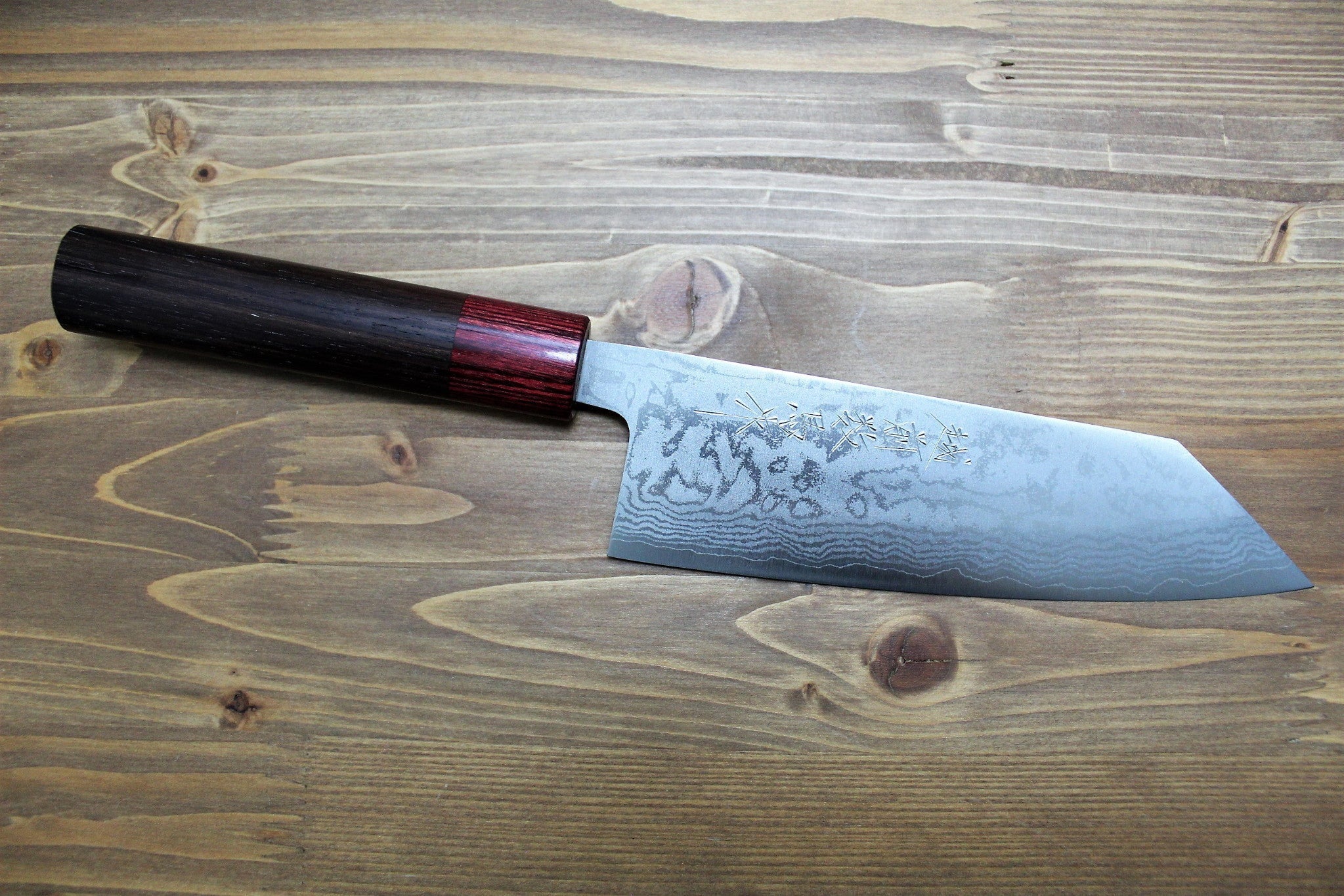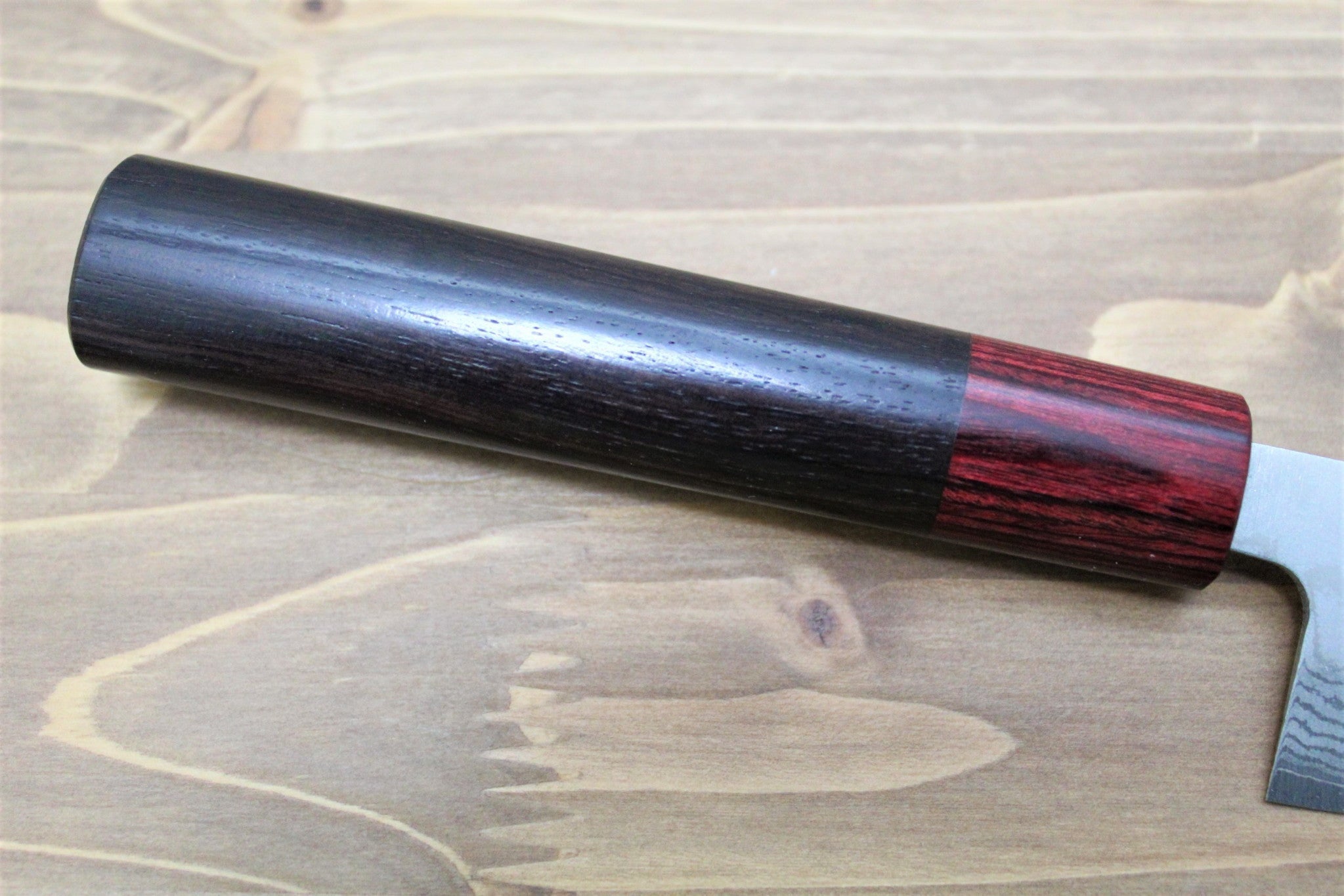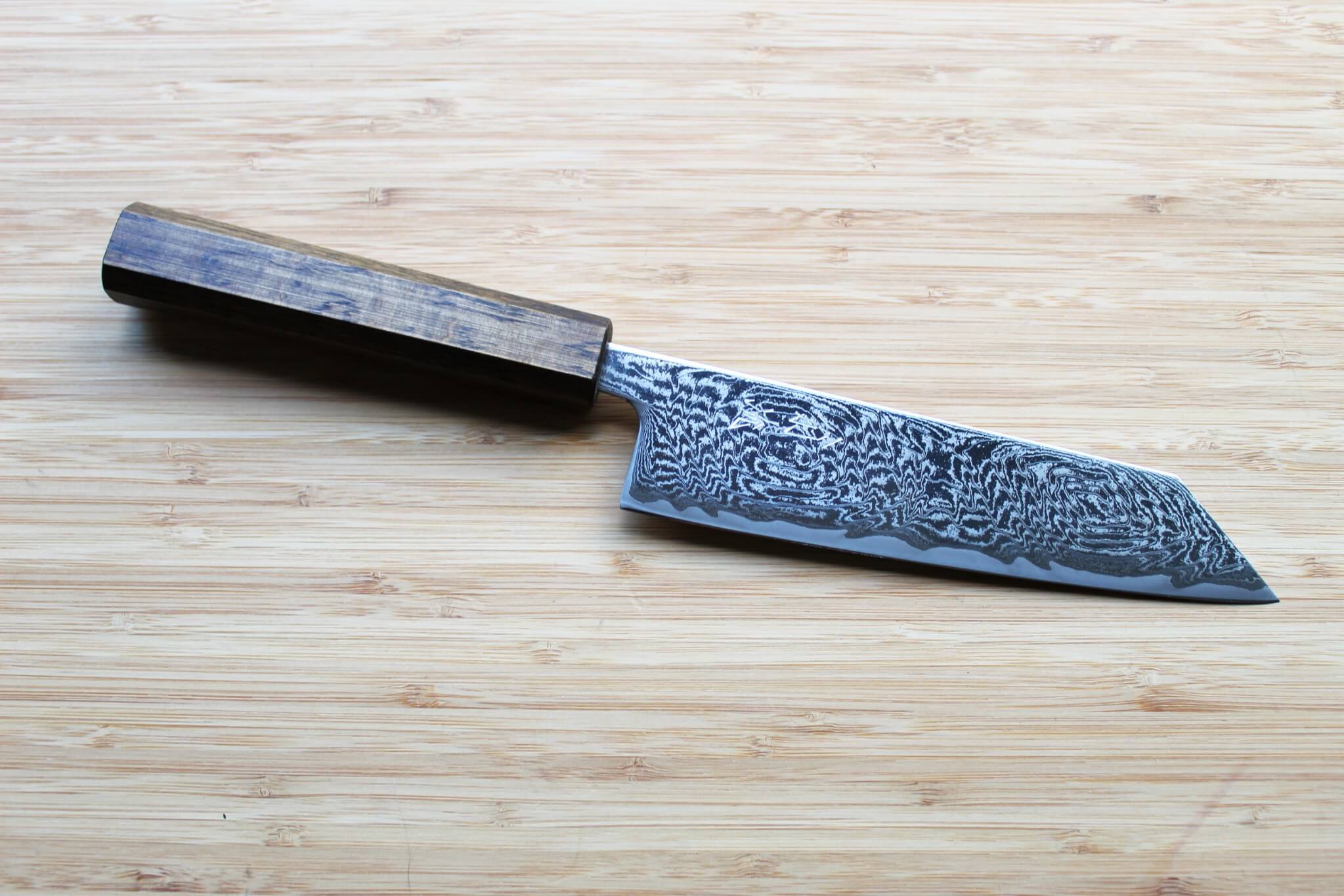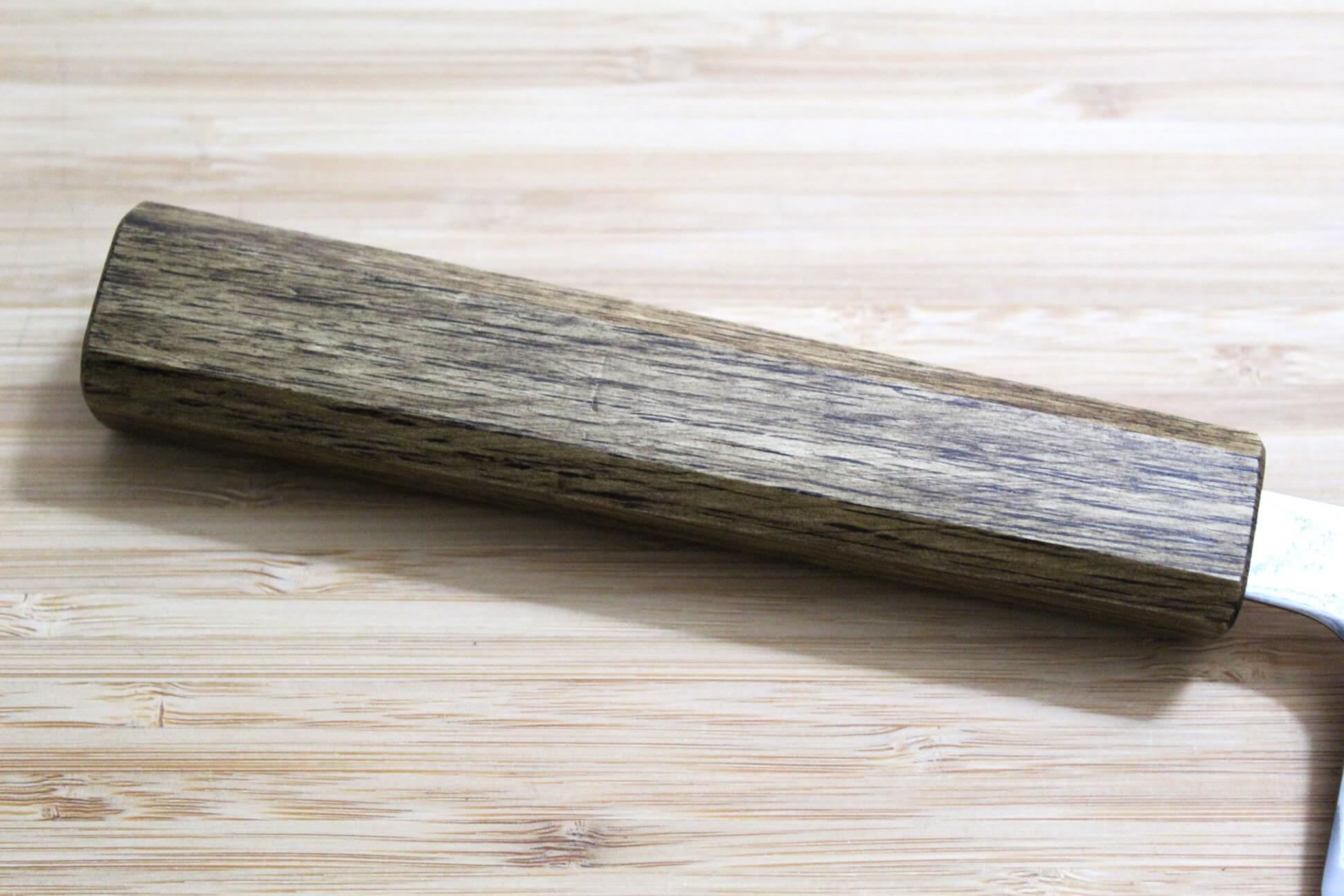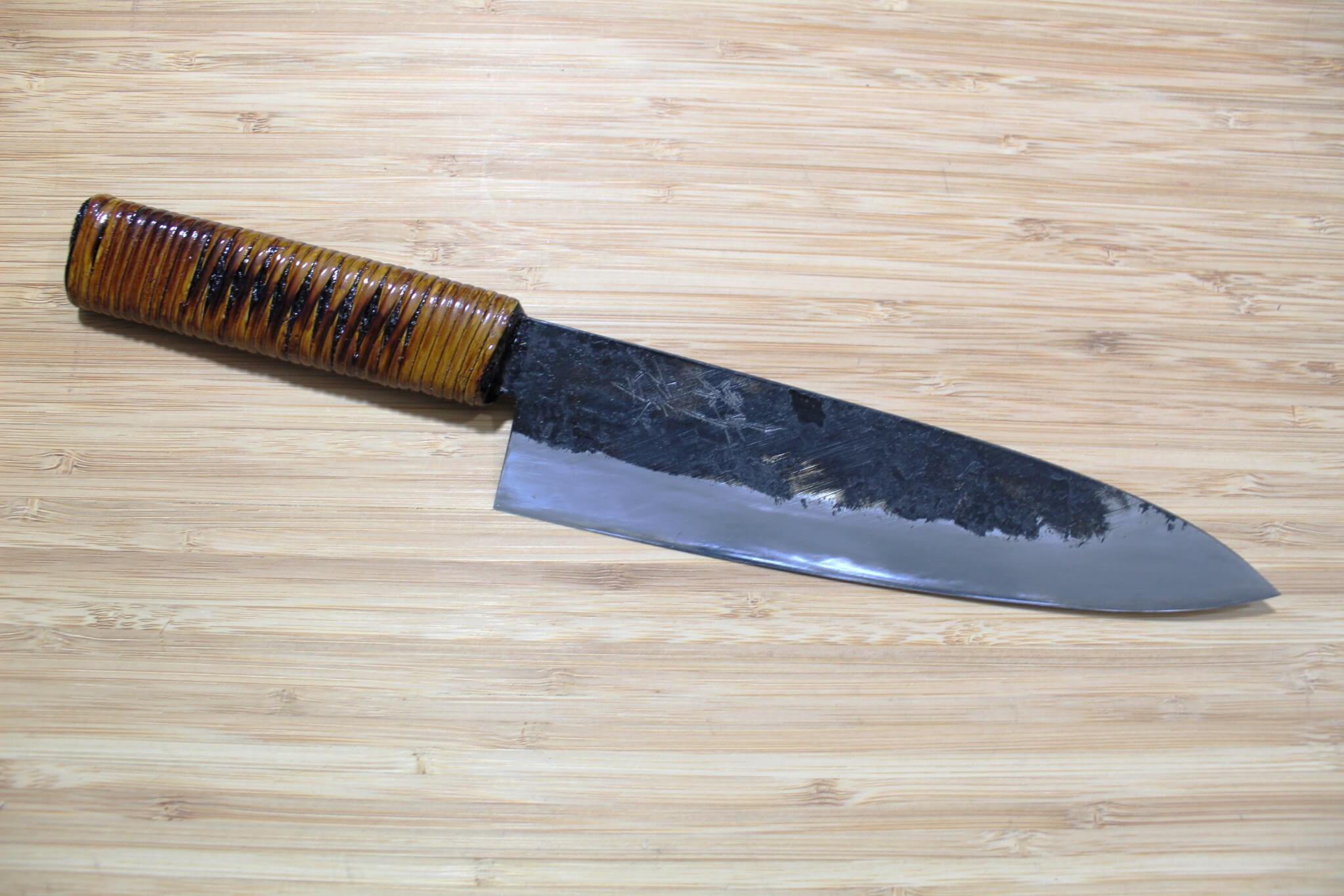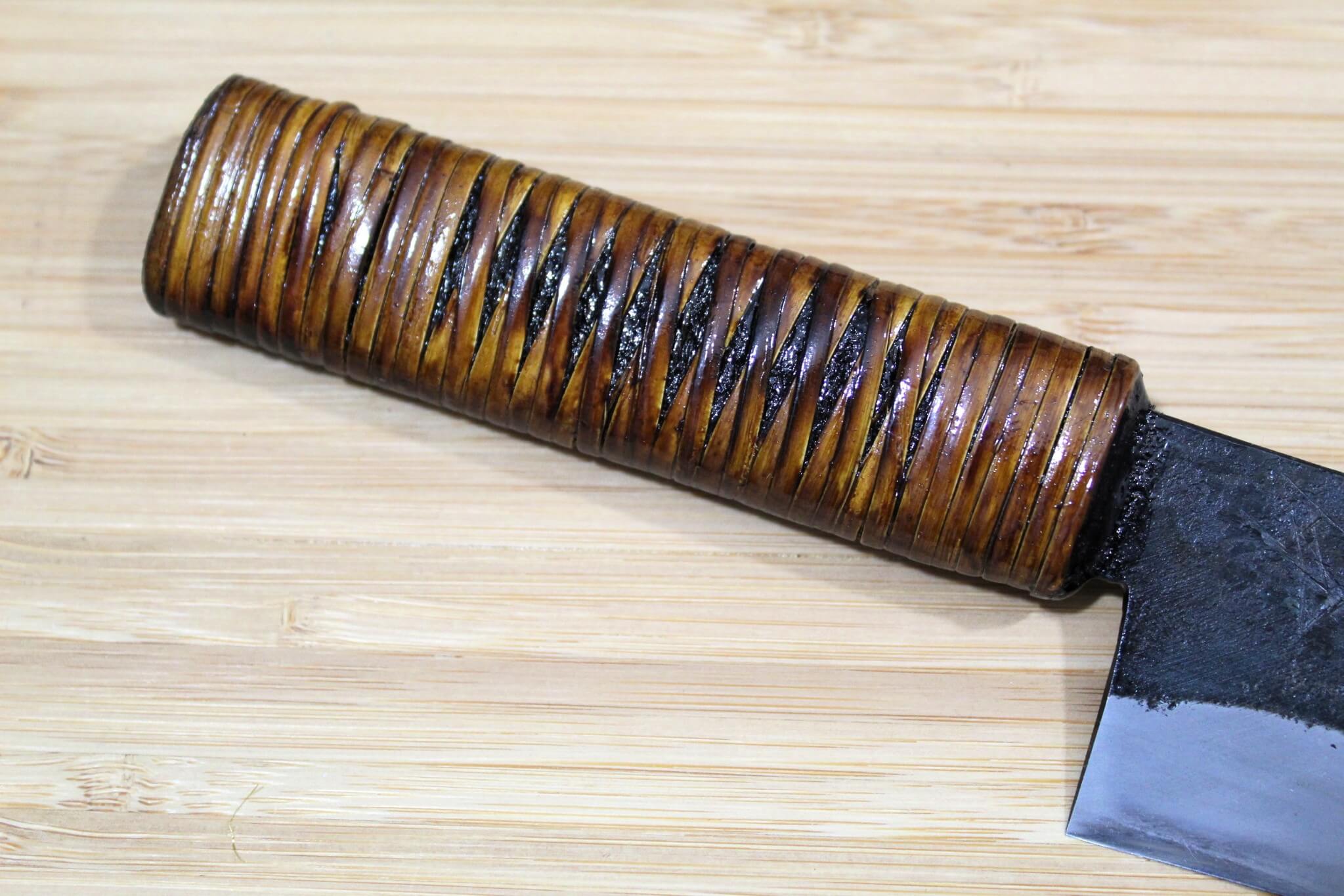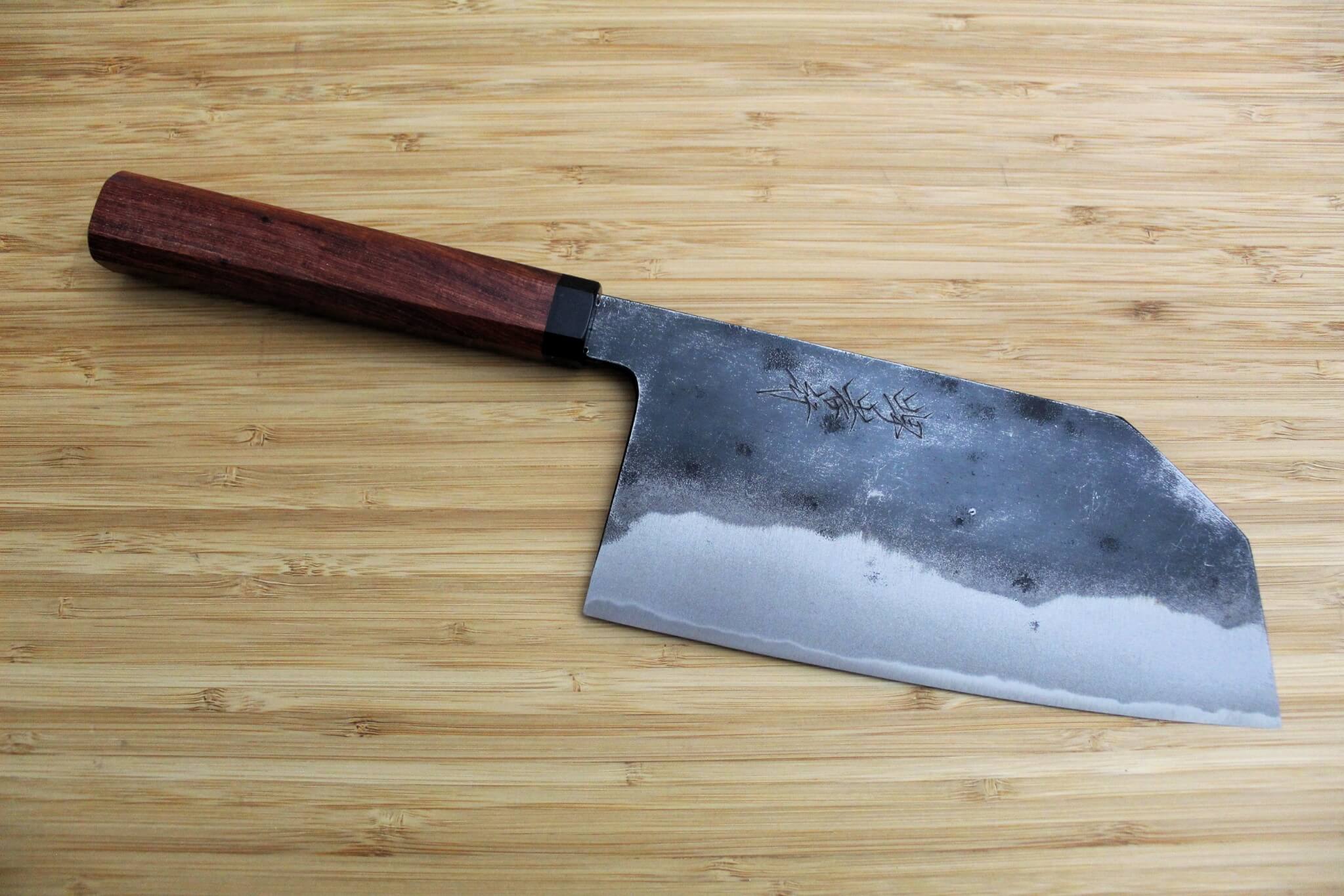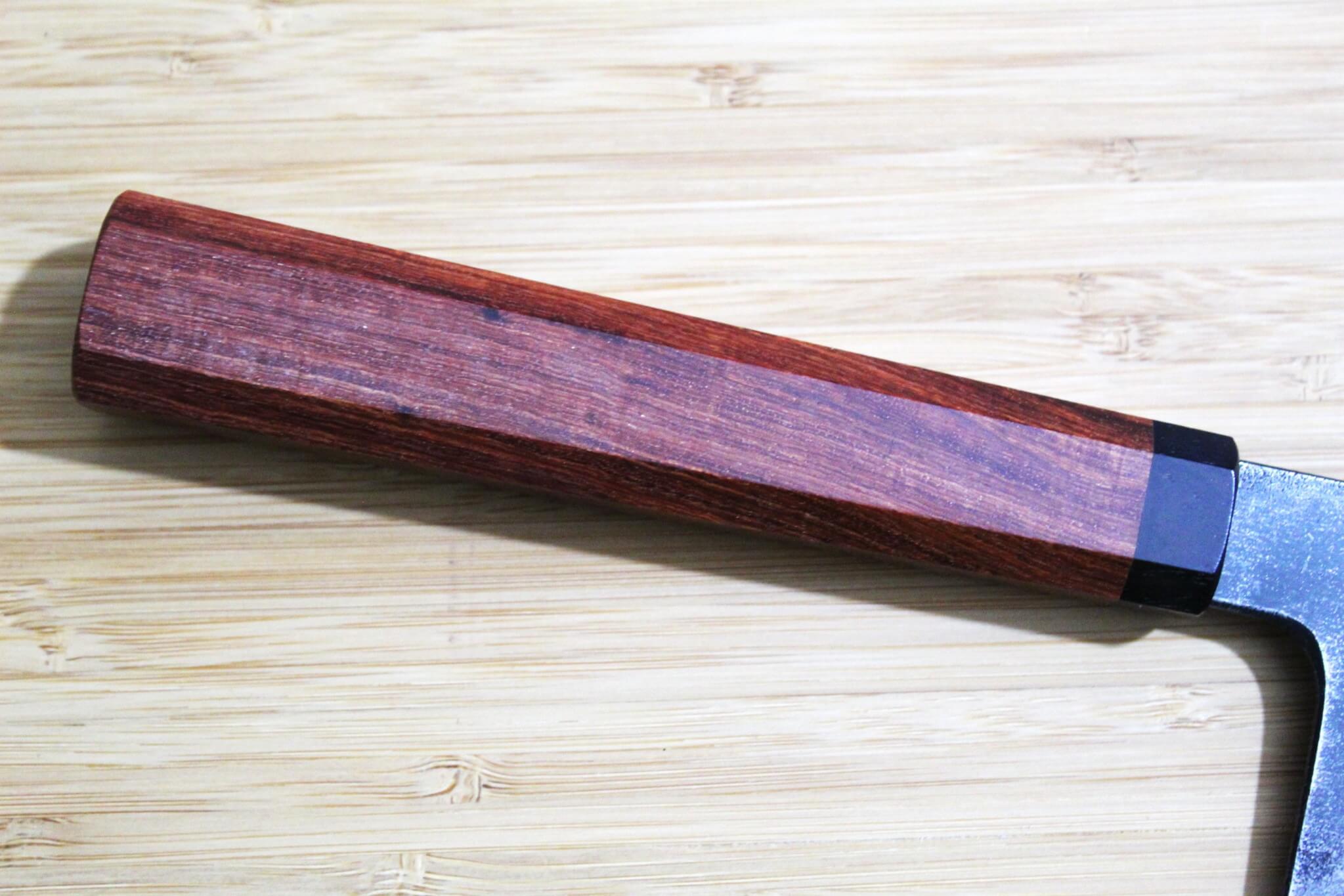Filters
The Bunka Knife - Form and Function
This knife has a tall, pointed blade with a flat edge profile, making it suitable for a wide range of tasks including slicing, dicing, chopping, and mincing. These knives are often praised for their adaptability and versatility, and Bunka knives have a more pronounced top and a taller blade, making them great for precision knifework.
Craftsmanship of Our Knives
Traditionally Bunka knives are made from high-quality Japanese steel such as aogami (blue steel) or shirogami (white steel), both known for their sharpness and edge retention. However, we have a variety of stainless steel varieties as well. The handle of these knives can vary in design, with options like traditional wooden handles or more modern ergonomic ones which provide a comfortable grip during different Japanese knife uses. Most Bunka r are double-bevel allowing use by right or left handed users and offering options for various cutting preferences and uses.
The Bunka Knife - Form and Function
This knife has a tall, pointed blade with a flat edge profile, making it suitable for a wide range of tasks including slicing, dicing, chopping, and mincing. These knives are often praised for their adaptability and versatility, and Bunka knives have a more pronounced top and a taller blade, making them great for precision knifework.
Craftsmanship of Our Knives
Traditionally Bunka knives are made from high-quality Japanese steel such as aogami (blue steel) or shirogami (white steel), both known for their sharpness and edge retention. However, we have a variety of stainless steel varieties as well. The handle of these knives can vary in design, with options like traditional wooden handles or more modern ergonomic ones which provide a comfortable grip. . . Show More >

